As a community of researchers, our aim is to facilitate knowledge that re-centres Indigenous knowledges, languages, practices and ways of being. The Centre supports research involving both traditional and contemporary knowledges, as care-taken, shared and created by Indigenous scholars located in the University and knowledge holders from communities.
For information about becoming a member, see our Associate Information page.
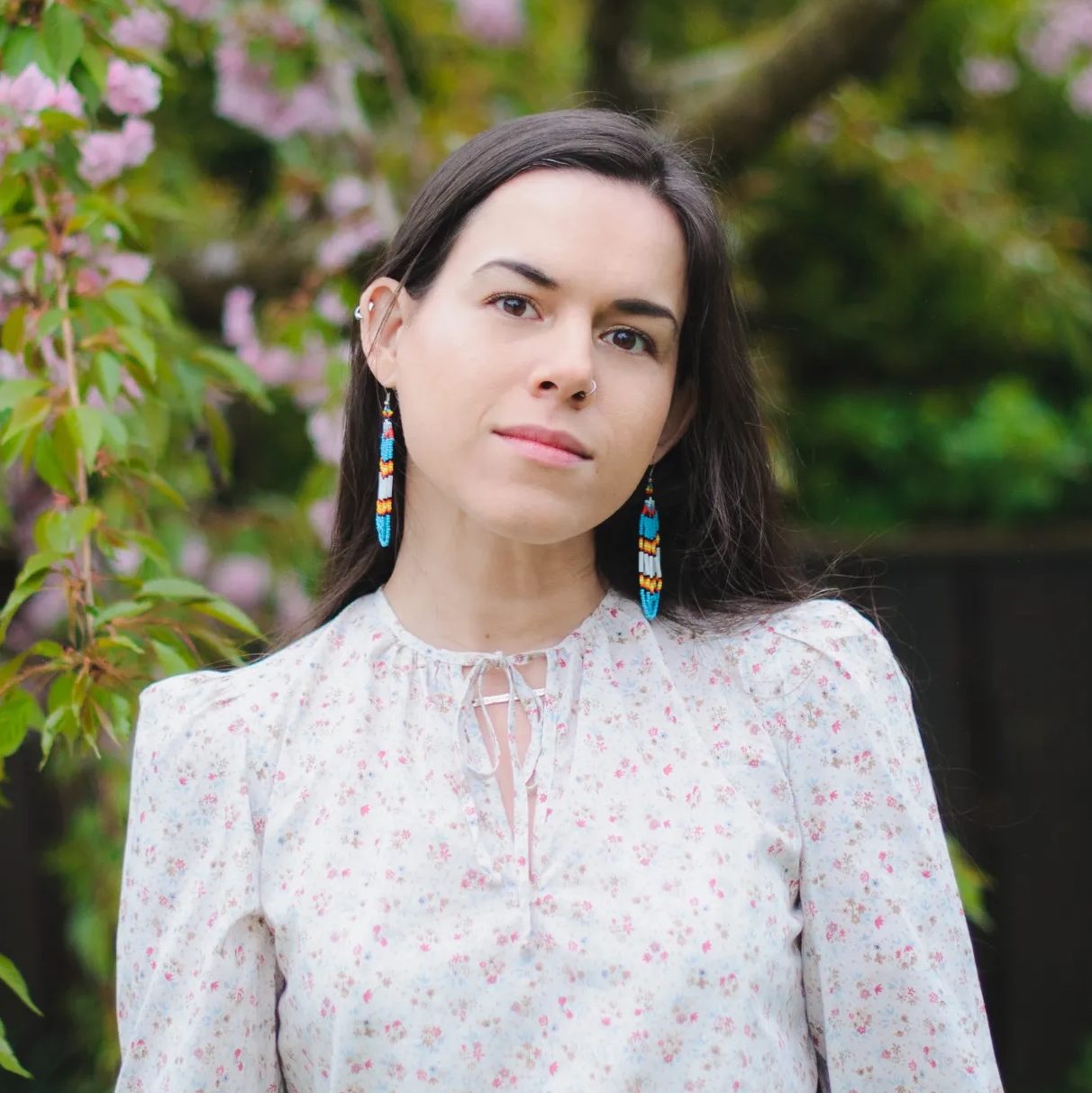
Dr. Kenzie Allen is an Assistant Professor of English at York University, specializing in Creative Writing and Indigenous Literatures. Her research centers on documentary and visual poetics, literary cartography, and the enactment of Indigenous sovereignties through creative works. She is a descendant of the Oneida Nation of Wisconsin. Professor Kenzie is also the recipient of the James Welch Prize for Indigenous Poets and a 92Y Discovery / Joan Leiman Jacobson Poetry Prize. Her poems can be found in The Iowa Review, Indiana Review, Narrative Magazine, Black Warrior Review, Boston Review, and other venues. She received her PhD in English & Creative Writing at the University of Wisconsin-Milwaukee, where she was an R1-Advanced Opportunity Program Fellow, Chancellor’s Award recipient, and a TA in American Indian Studies. She received her MFA in Poetry from the Helen Zell Writers’ Program at University of Michigan (‘14), and her BA in Anthropology from Washington University in St. Louis (’10). She is the managing editor of Anthropoid and the founder of Apiary Lit. Born in West Texas, she now shares time between Toronto, Ontario; Trondheim, Norway; and the Oneida reservation in Green Bay, Wisconsin. Previously, Professor Allen has contributed to technology startups as a web, product, and ui/ux designer. She is a member of the High Plains Society for Applied Anthropology, and she serves as an archivist and volunteer fire lookout for the Sand Mountain Society.
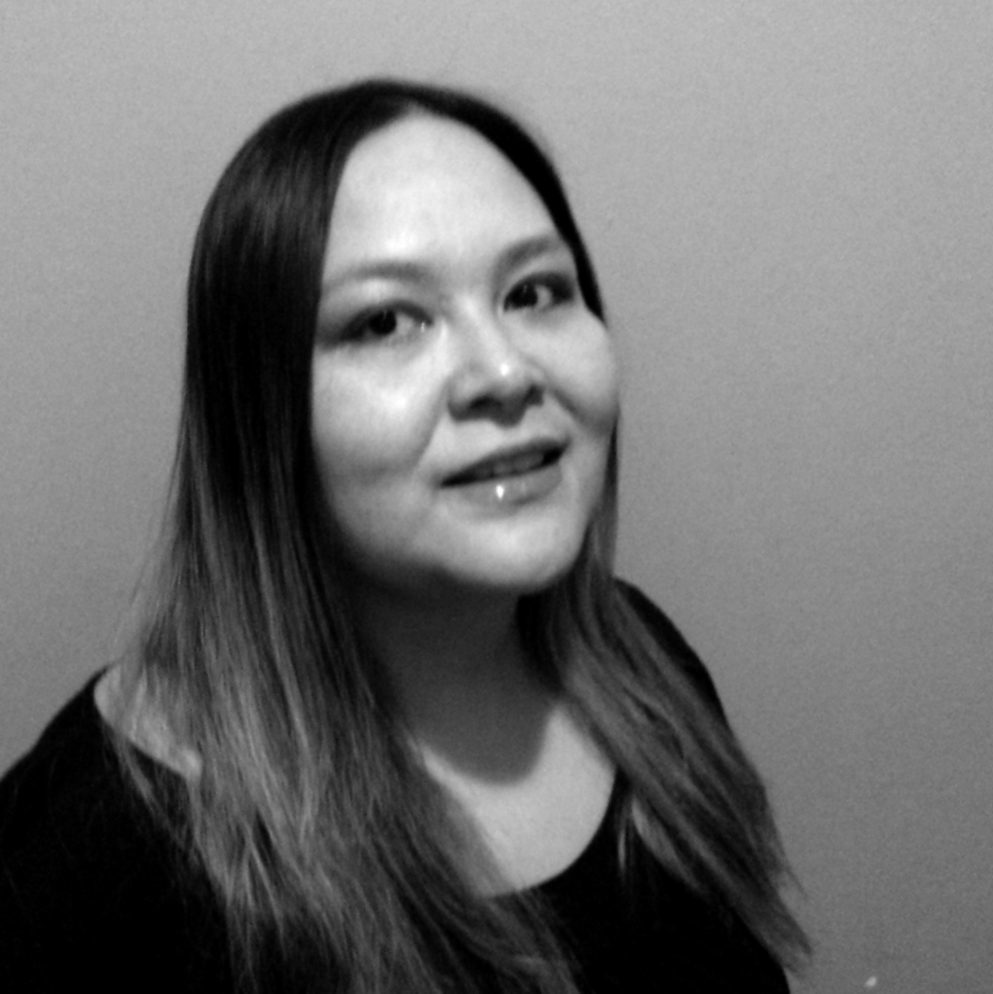
Dr. Angele Alook is a proud member of Bigstone Cree Nation and is a speaker of the Cree language. She successfully defended her PhD in Sociology from York University and is now an Assistant Professor in the School of Gender, Sexuality, and Women’s Studies at the University. Her dissertation is entitled "Indigenous Life Courses: Racialized Gendered Life Scripts and Cultural Identities of Resistance and Resilience." She specializes in Indigenous feminism, life course approach, Indigenous research methodologies, cultural identity, and sociology of family and work. Dr. Alook currently works in the labour movement as a full-time researcher for the Alberta Union of Provincial Employees. She is also a co-investigator on the SSHRC-funded Corporate Mapping Project, where she is carrying out research with Parkland Institute on Indigenous experiences in Alberta’s oil industry and its gendered impact on working families. She is also a member of the Just Powers research team, a SSHRC-funded Insight Grant. Through the Just Powers project Dr. Alook has been able to produce a documentary called "Pikopaywin: It is broken" which features stories on the land with Indigenous traditional land users, environmental officers, and elders. She is directing her research toward a just transition of Alberta’s economy and labour force, and the impact climate change has on traditional Treaty 8 territory.
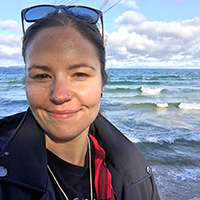
Dr. Beaulne-Stuebing (she/they) is Métis and belongs with the Anishinaabe bald eagle clan through adoption in the Three Fires Midewiwin lodge. Her mother’s family has roots in the Sault Ste. Marie Métis community and Manitoba, and they are registered with the Métis Nation of Ontario. Through her father’s family, Beaulne-Stuebing is also of Austrian settler ancestry. She has worked with Shingwauk Kinoomaage Gamig in Sault Ste. Marie, supporting the development of Anishinaabe Studies and Anishinaabemowin degree programs as a helper to the late Dr. Edward Benton Banai (Bawdwaywidun Banaise-ban). Professor Beaulne-Stuebing’s dissertation, “Grief Medicines,” focused on learning from Indigenous grief workers and through the land about what helps urban Indigenous community members through experiences of loss. The project draws attention to how Indigenous women and two spirit people are theorizing grief work, medicines, and healing in the context of settler colonialism, and are making care through relationships within and across communities. Beaulne-Stuebing also collaboratively facilitates Asemaa Circles, a community medicines sovereignty project supporting Indigenous, Black-Indigenous, and Black community members to grow and access sacred medicines.
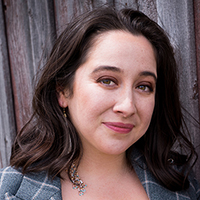
Dr. Brant-Birioukov is an Assistant Professor in the Faculty of Education at York University. She is a proud member of the Mohawks of the Bay of Quinte. She was raised by strong parents and grandparents who taught her the importance of language, community, and identity, which she carries with her in her work as an educator and researcher. She is interested in Indigenous thought and knowledge in education, curriculum studies, teacher education, and reconciliatory pedagogies. Her doctoral dissertation is grounded in curriculum theory, Haudenosaunee thought, educational theory, philosophy, autobiography, and Creation Stories, where she is theorizing the possibilities of estrangement/homecoming in education from a Haudenosaunee consciousness. Professor Brant-Birioukov has published on Indigenous teacher education, curriculum theory, reconciliatory pedagogies, and the phenomenon of Indigenous resilience, adaptation, and ingenuity in Canada. Her current research projects include working with the Frederick W. Waugh project to repatriate historical documents of Haudenosaunee culture, life, and stories to community members in the creation of educational resources and materials. In addition, Dr. Brant-Birioukov and her husband run an education consulting firm, Ridge Road Training and Consulting.
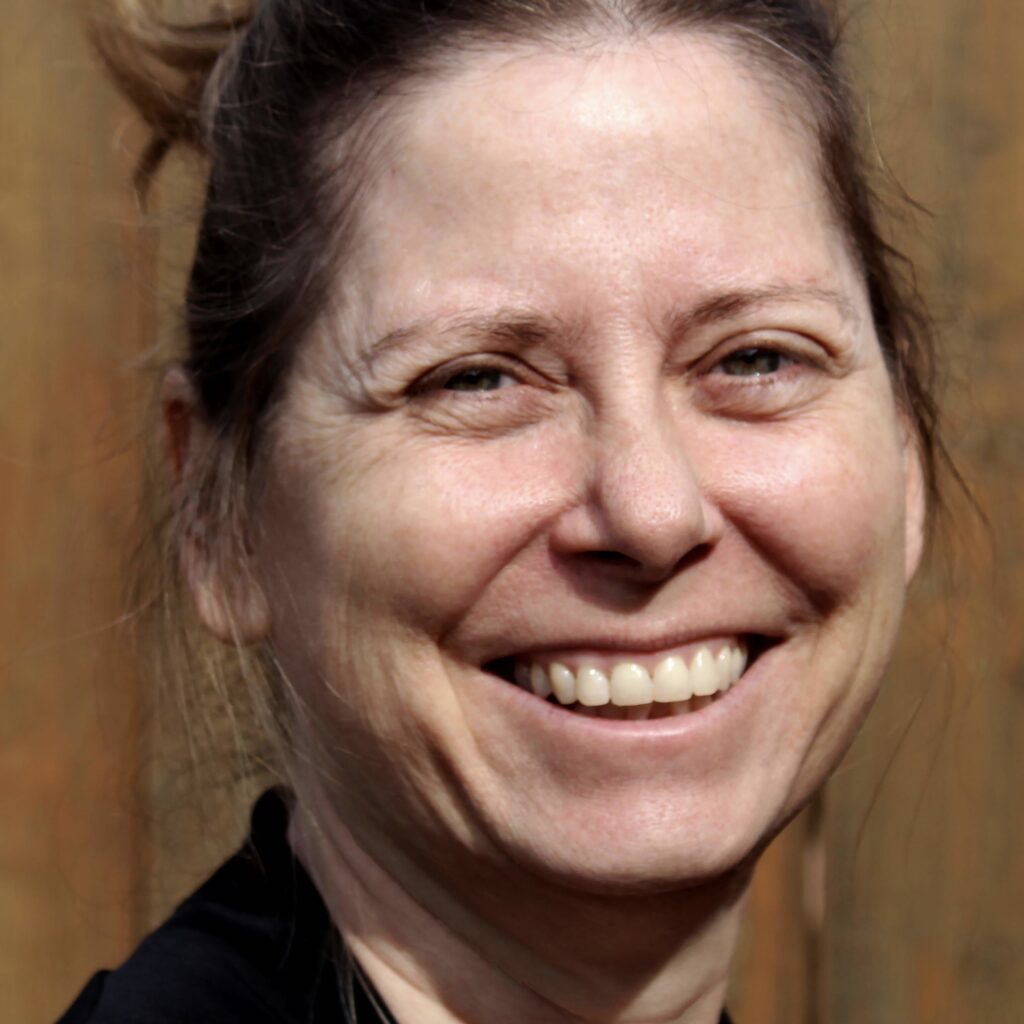
Dr. Mary Bunch is a Canada Research Chair in Critical Disability, Vision and the Arts, and Associate Professor Cinema and Media Arts. Through theoretical inquiry and collaborative research creation, Bunch mobilizes feminist, queer, crip, and decolonial frameworks to engage worldmaking imaginaries, and develop new understandings of relational ethics. Her co-created media arts work has exhibited at Nuit Blanche (Emerging from the Water: Gathering 2022) and the group exhibition More than Human at OCADU’s Onsite Gallery (Emerging from the Water: Resonance, 2023). The art works, based on Anishinaabe relational ontology, are created in collaboration with Anishinaabe philosopher and artist Dolleen Tisawii’ashii Manning, Bunch’s partner of 25 years. Together Manning and Bunch wrote “Decolonial Re-worlding: Potential Ecologies of the Virtual.” (In Life in Art, Phenomenology, Aesthetics, and Identity, In Press 2023). A white settler, Bunch’s decolonial commitments are informed by this relationship with Manning and her large extended family from Kettle and Stoney Point. Bunch is co-editor of Public Issue 66: Access Aesthetics. Her article “Posthuman Ethics and the Becoming-Animal of Emmanuel Levinas” was selected for the critical reader Ethics After Poststructuralism (2020). She has published articles in such journals as Culture, Theory and Critique, the Journal of Literary and Cultural Disability Studies; and Feminist Theory. Her current projects include a monograph titled Ecstatic Ethics, and the research creation project Pluriversal Worlding with Extended Reality, which creates XR media to re-imagine southwestern Ontario as decolonized territory (SSHRC Insight).

Dr. Maya Chacaby is a Two-Spirited, Disabled, Anishinaabe, from Kaministiquia (Thunder Bay). Her family comes from Red Rock First Nation. She works in the Sociology Department of York’s Glendon Campus. Maya’s work centres on promoting the Ojibwe language and culture and ending Indigenous human trafficking, homelessness, and violence against Indigenous women and girls. She designed and launched the Indigenous Social Wellness Model for addressing Human Trafficking in First Nations communities through the Ontario Native Women’s Association. Maya also designed a provincial Training on understanding Indigenous Human Trafficking for the Ministry of Community and Social Services (MCSS),
through the Provincial Anti-Human Trafficking Coordination Office. She also designed and currently runs a certificate program in Indigenous Trauma Informed Practices and Cultural Resurgence, open to all Indigenous and non-Indigenous peoples. The Certificate is run through a partnership with Nokiiwin Tribal Council and Glendon (York University) Continuing Education. Maya has developed unique courses on Anishinaabe culture at the Glendon campus. She runs a Dungeons and Dragons style table top adventure in Anishinaabemowin (Ojibwe Language) for her online classes, with quests character development and of course, boss battles! She also teaches a course dedicated to Anishinaabe Futurism and another dedicated to experiential practices in Indigenous activism. Maya is currently Developing an Indigenous Metaverse called Biskaabiiyaang where community members can interact with language and cultural teachings in open world, real time adventures. She is currently working with Nokiiwin Tribal Council, UniVirtual, community Elders, and Indigenous youth to develop and co-create the Metaverse content.The Biskaabiiyaang site and free demo are here: https://www.biskaabiiyaang.com Maya also developed an online interactive teaching on understanding Anishinaabe teachings about kindness which can be
found here https://sweetgrassteachings.com.
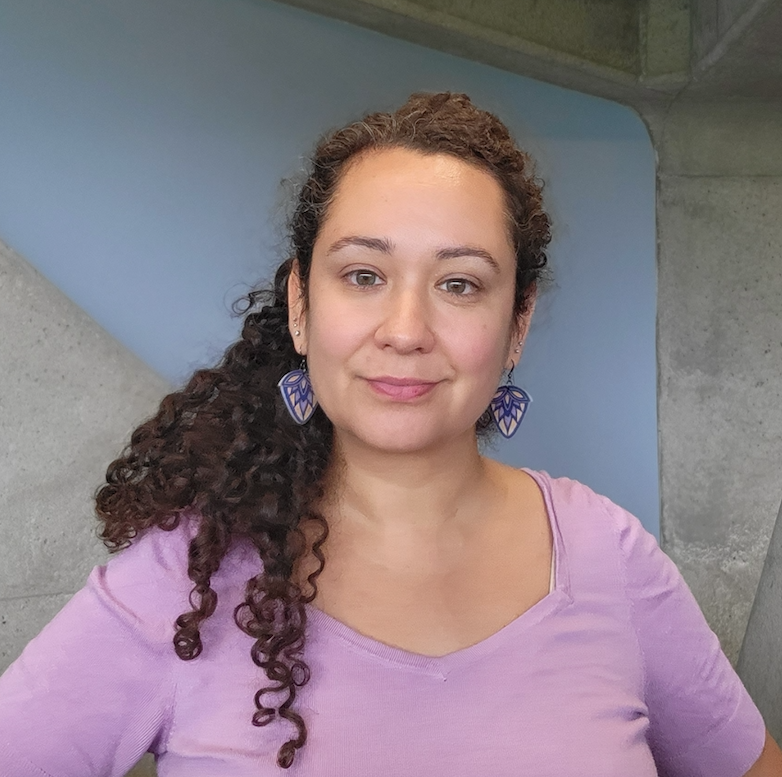
Cora Coady is a proud member of the Mississaugas of the Credit First Nation. She is an assistant librarian in the Student Learning and Success Department. Cora has a Masters of Information from the University of Toronto and a B.A. in Sociology from McMaster University. During her time at the University of Toronto, Cora was the Indigenous Outreach and Research Assistant at the University of Toronto Libraries. Before entering librarianship Cora had a successful career as a Certified Vision Rehabilitation Therapist (CVRT) at the Canadian National Institute for the Blind and Vision Loss Rehabilitation Ontario, where she provided in-person and remote instruction to people living with visual impairment. Her current research is focused on Indigenous student experiences within the academic library system. Cora’s goal is to contribute to her community in a meaningful way by creating and supporting important Indigenous research, building strong relationships between the Indigenous community and the University Library, and promoting the works of Indigenous scholars and students.
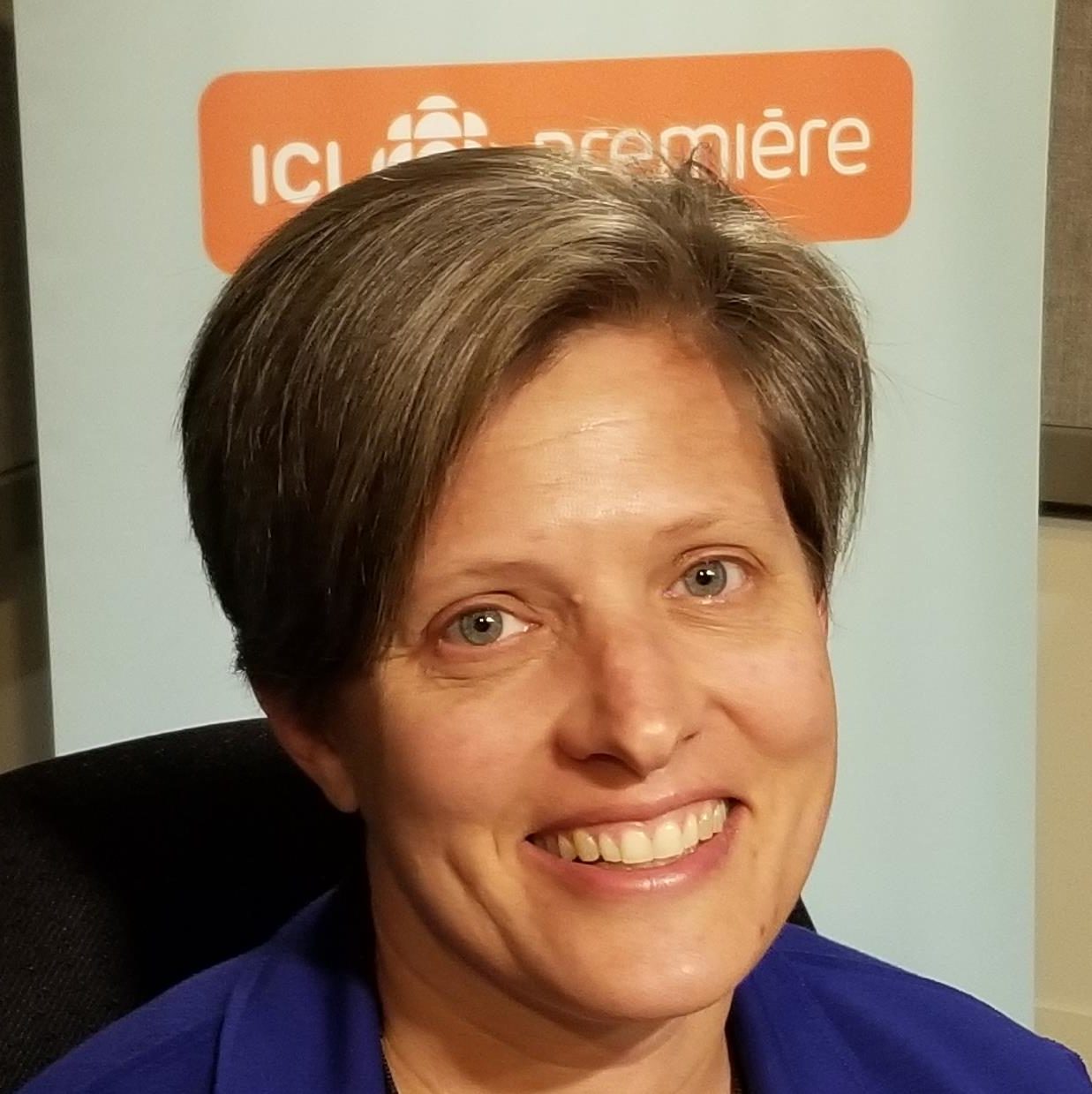
Dr. Elaine Coburn is a Euro-Canadian researcher. Currently, she is Director of the Centre for Feminist Research and an associate professor in International Studies at York University's bilingual Glendon College. In addition, through the Faculty of Graduate Studies, she is a member of the Department of Sociology, the Gender, Feminist and Women's Studies and Social and Political Thought at York University. Elaine holds a PhD in sociology from Stanford University, and a BA in sociology and Canadian Studies from the University of Toronto. Prior to coming to Glendon, she was a researcher at the Centre d'analyse et d'intervention sociologiques (CADIS) at the Ecole des Hautes Etudes en Sciences Sociales in Paris, France, and assistant professor at the American University of Paris. Currently, with Andrea Davis, she is co-editor of the Journal of Canadian Studies and on the editorial board of the Canadian Review of Sociology. Her research interests include neoliberal forms of globalization, struggles for social justice and social theory, especially socialist feminist, Indigenous and anti-racist perspectives. Finally, she has recently begun writing for the Literary Review of Canada.
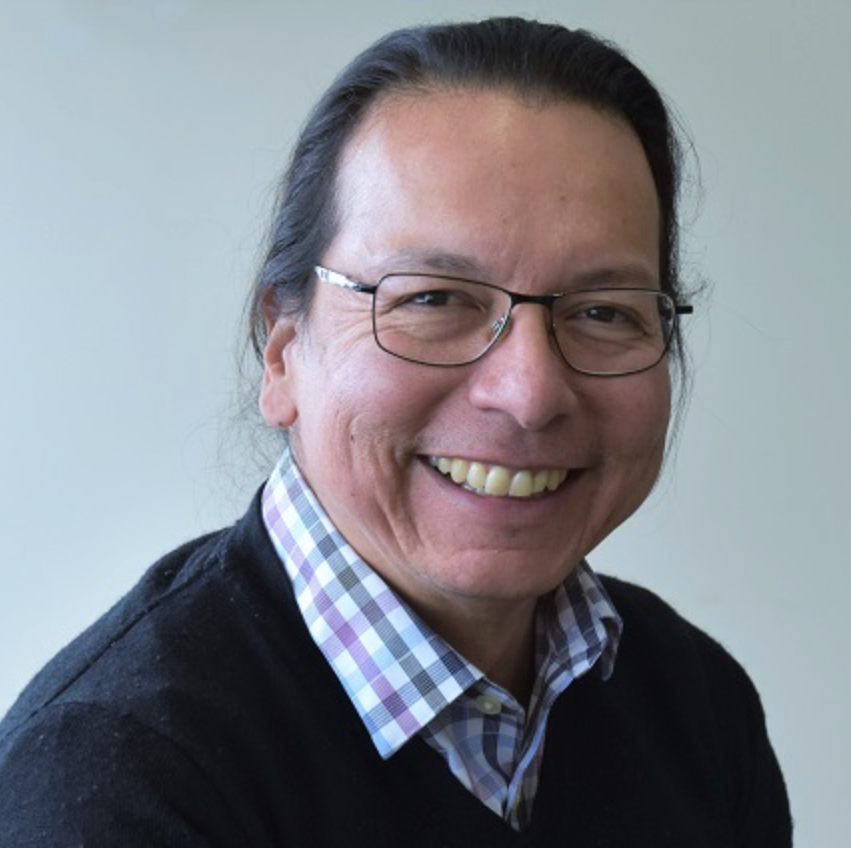
Dr. Alan Corbiere is a proud Anishinaabe from M’Chigeeng First Nation on Manitoulin Island. He is a historian, who has made remarkable contribution to the research of the Anishinaabe language, cultural practices, and material culture for many years. Dr. Corbiere completed a B.Sc from the University of Toronto, a Masters in Environmental Studies and a Ph.D in History from York University. Previously, Dr. Corbiere was the Anishinaabemowin Revitalization Program Coordinator at Lakeview School, M’Chigeeng First Nation, where he and his team worked on a culturally based second language program that focused on using Anishinaabe stories to teach language. He has also conducted research on wampum belts with known Anishinaabe associations, and researched medals, gorgets, and other diplomatic gifts. He has recorded elders speaking in Ojibwe about their crafts and work. Additionally, Dr. Corbiere is the Executive Director at the Ojibwe Cultural Foundation and is one of the co-founders of GRASAC.
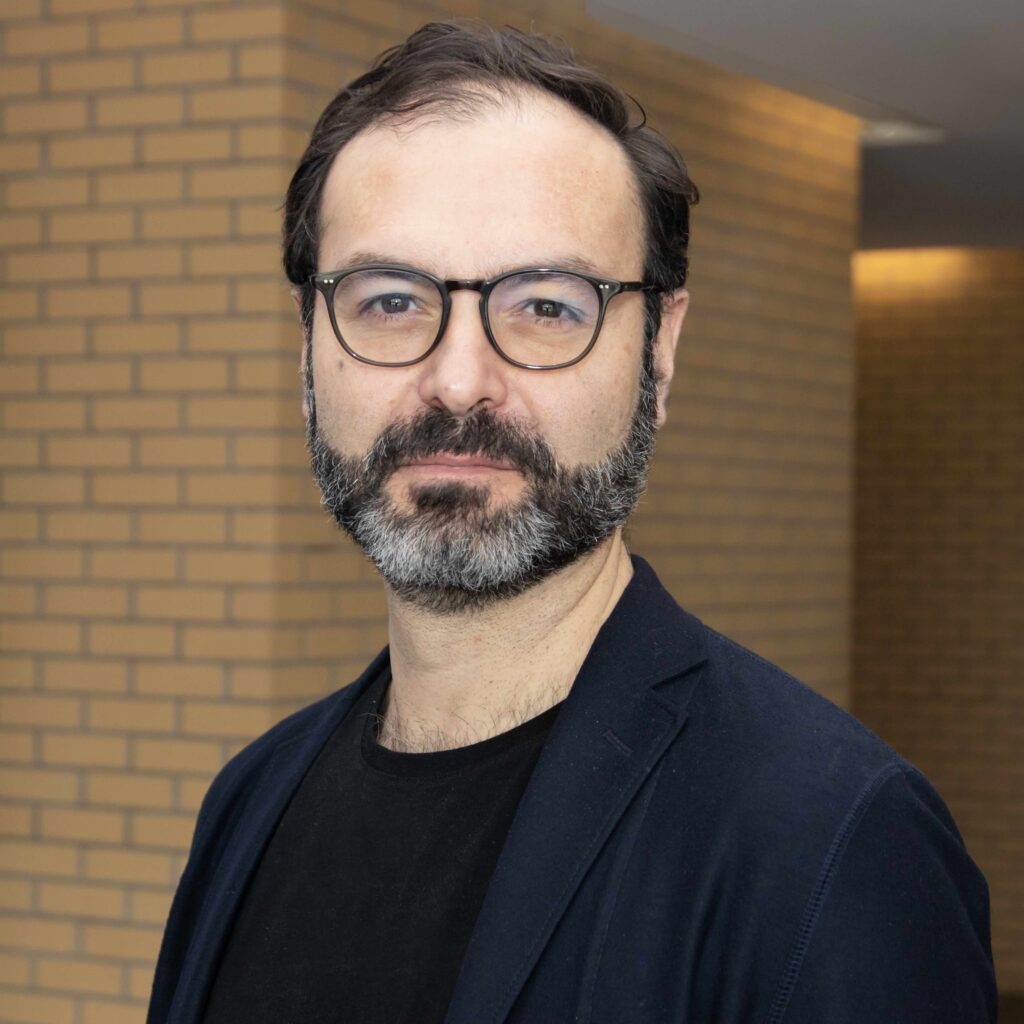
Dr. Ravi de Costa is a mixed-race settler who came to Canada in 2002 to take up a SSHRC Postdoctoral Fellowship at McMaster University. Prior to joining York in 2007, he also taught at Trent University in the Department of Political Studies. His work has focused on Indigenous-settler relations, showing how processes such as treaty-making, truth and reconciliation, and constitutional recognitions of Indigenous rights reproduce settler colonial interests. He is also interested in Indigenous peoples’ advocacy and activism in international forums, most recently the Convention on Biological Diversity. He is an associate professor in the Department of Social Science, a member of the Graduate Programs in Environmental Studies and Development Studies, and currently serves as the Associate Dean Research and Graduate in the Faculty of Liberal Arts & Professional Studies.
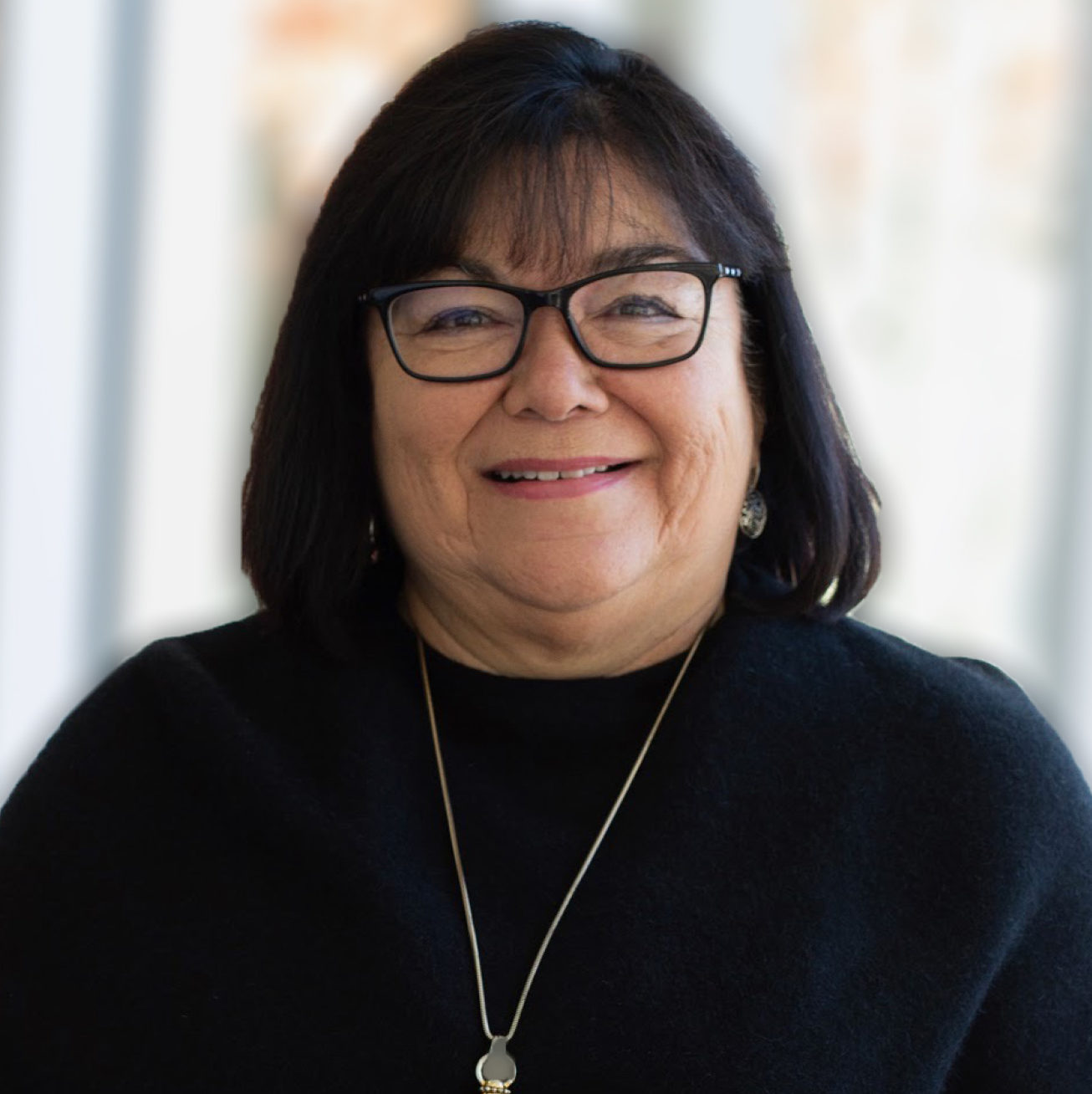
Dr. Sheila Cote-Meek is Anishinaabe from the Teme-Augama Anishnabai. She is currently the Vice-President, Equity, People and Culture at York University. She is responsible for the development and implementation of a progressive strategy and structure that cultivates an equitable, inclusive, respectful, and healthy work environment. Dr. Cote-Meek holds a PhD in Sociology and Equity Studies from the University of Toronto and is author of Colonized Classrooms – Racism, Trauma and Resistance in Post-Secondary Education (2014), co-editor of Decolonizing and Indigenizing Education in Canada (2020) and co-editor of Critical Reflections and Politics on Advancing Women in the Academy (2020). She is an active researcher and has extensive experience working on equity and inclusion in higher education including substantive experience working with Indigenous communities nationally and internationally on social justice and education issues. In 2016, she was nominated as an Indigenous Role Model for the Council of Ontario Universities Future Further Campaign, and in 2013, she was the recipient of a YWCA Women of Distinction Award. Dr. Cote-Meek has a strong history of building relationships that provide synergistic opportunities to advance institutions, and she is committed to working toward accessible higher education for all.
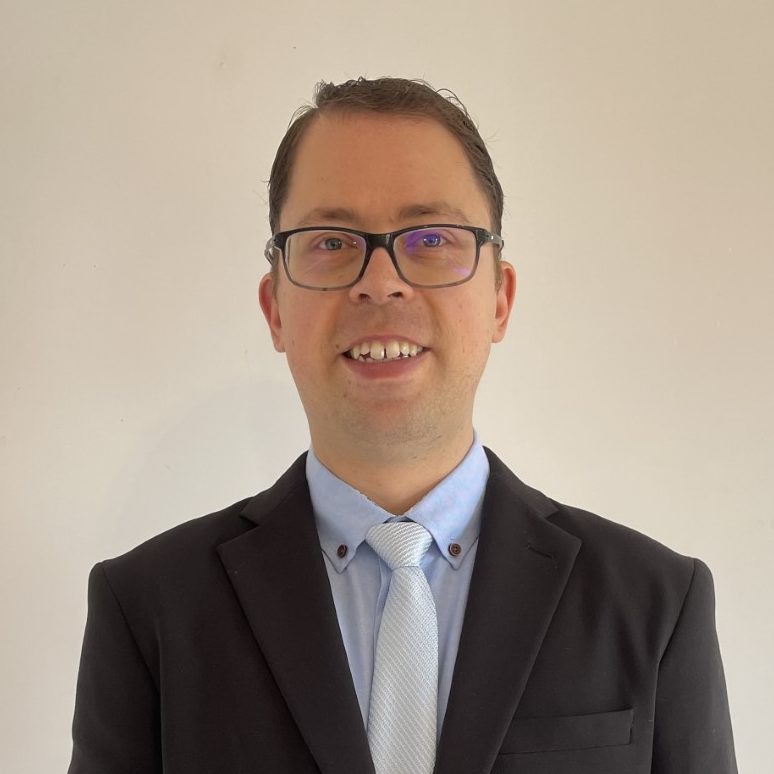
Dr. Don Davies (he/him) is a postdoctoral fellow in the Department of Biology at York University. He is a proud member of the Manitoba Métis Federation. He attended many cultural events, seminars, and conferences at the Manitoba Métis Federation. He was always fascinated by the health disparities between Indigenous and non-Indigenous Canadians in numerous health conditions. This has and continues to drive his scientific interests. The Canadian Indigenous population has an increased prevalence and earlier onset of Alzheimer’s disease than the Canadian non-Indigenous population. He has established a research program studying Alzheimer’s disease within the Indigenous community. His program involves interviewing unpaid dementia caregivers who are usually adult children, spouses, or other family members and friends. He is identifying the available services for people with dementia in the Métis population, identifying the amount of support that caregivers of Métis seniors with dementia need to live well, and identifying how caregivers engage in self care for themselves.
Dr. Ashley Day joins York University as a lecturer in the School of Kinesiology & Health Science. She is a third-year Dene/English PhD candidate in the Policy Studies program at Ryerson University. Her ancestral ties are located in the SAHTU region of the Northwest Territories, where she is a member of the Norman Wells Métis. She holds an advanced diploma in sport management as well as a BEd (Honours), a BA and an MA in kinesiology and health science from York University. Her SSHRC-funded dissertation research examines how Indigenous worldviews of health and well-being may offer a more holistic approach to colonial physical education policy in Ontario. As a physical educator, Day understands how health and physical education is a powerful and often overlooked site where education might be strengthened by Indigenous knowledges and worldviews. She is committed to creating opportunities for Indigenous Peoples and communities to inform and cultivate curricula that supports holistic health grounded within cultural knowledges. Day’s work is concerned with building relationships that nurture Indigenous knowledges, reinforce positive notions of Indigenous identities, and recognize the diversity of Indigenous Peoples and their worldviews.

Dr. Shital Desai is an Associate Professor of Interaction Design at York University and the York Research Chair in Accessible Interaction Design. A leading expert in Human-Centered Systems Design, she specializes in accessible and inclusive design to address societal challenges and improve quality of life, especially with emerging technologies such as Augmented Reality and AI.
As head of the Social and Technological Systems (SaTS) lab, supported by the Canada Foundation for Innovation, Dr. Desai engages with diverse communities—including rural and urban populations, immigrants, people with disabilities, healthcare practitioners and Indigenous groups—to co-design and co-create inclusive solutions. Her research spans assistive technologies for aging and dementia, adaptive technologies, wearable technologies, tele-wellness, remote rehabilitation, interaction modalities, and intergenerational knowledge transfer.
Dr. Desai co-leads the Connected Minds Training Committee, fostering innovation and interdisciplinary collaboration among emerging researchers. Dr. Desai actively contributes to global health policies through the WHO’s Dementia Knowledge Exchange and has been recognized with awards like the AMPD Dean’s Research Award and the Petro Canada Young Innovator Award. Dedicated to mentorship, equity, and interdisciplinary collaboration, she champions sustainable design and innovative practices to foster a more accessible and inclusive future.
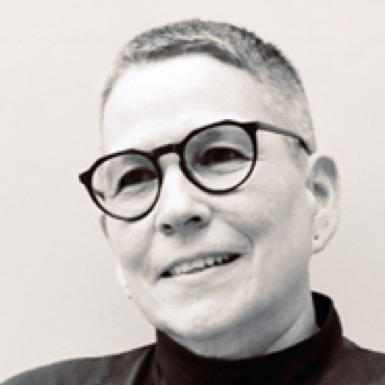
Dr. Susan Dion is the Associate Vice-President of Indigenous Initiatives at York University. She is a Lenape and Potawatomi scholar with mixed Irish and French ancestry and was the first Indigenous tenure-track faculty member to be hired in the Faculty of Education at York. Early in her time at York, Professor Dion demonstrated her commitment to supporting Indigenous initiatives. She worked with Indigenous students and the University administration to address student-identified needs and interests through her advocacy for and support of the establishment of Aboriginal Student Services and the Centre for Indigenous Students at York. She was a founding member of York's Aboriginal Education Council (presently York's Indigenous Council) and served as co-Chair for three terms between 2004 and 2015. In 2014, Professor Dion served as the first Academic Director for the Centre for Aboriginal Student Services. In the Faculty of Education, Professor Dion has led development of the Wuleelham: Indigenous Education Initiatives, including the Urban Indigenous Education MEd Cohort, an Indigenous PhD Cohort and the Waaban Indigenous Teacher Education Program. With a focus on Urban Indigenous Education, decolonizing systems of education, and most recently, education sovereignty, her teaching, research, and service deepens understanding of Indigenous epistemologies and ontologies; addresses gaps in educators' knowledge of Indigenous peoples, histories, and cultures; and identifies and examines Indigenous students' experiences, perspectives and hopes for education. Professor Dion has led numerous research projects, including nIshnabek de'bwe wIn // telling our truths, (SSHRC, 2017) and inVISIBILITY INDIGENOUS IN THE CITY (SSHRC, 2013). She has followed up her successful book Braiding Histories: Learning from Aboriginal People's Experiences and Perspectives (2009) with Braided Learning: Illuminating Indigenous Presence through Art and Story, expected out in January 2022. Professor Dion has expertise in the skillful cultivation of equitable and respectful relationships between Indigenous and non-Indigenous peoples. She holds a PhD, MEd and BEd from the University of Toronto, and a BA from the University of Waterloo. Dr. Dion is an internationally respected scholar and researcher in Indigenous relationships and education.
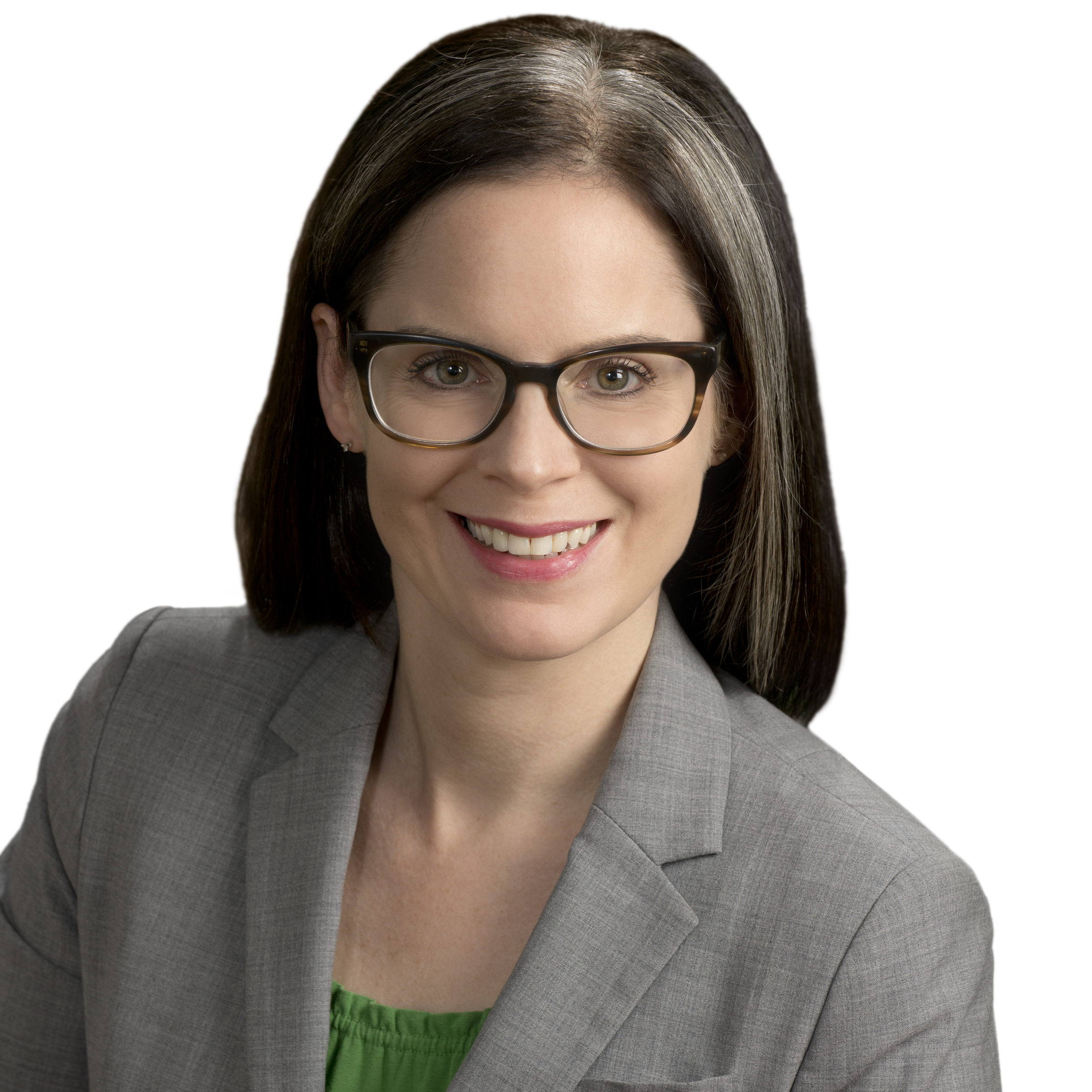
Karen Drake is a member of the Wabigoon Lake Ojibway Nation who researches and teaches in the areas of Canadian law as it affects Indigenous peoples, Anishinaabe constitutionalism, Indigenous pedagogy within legal education, property law, and dispute resolution, including civil procedure and Indigenous dispute resolution. She joined the Osgoode faculty in July 2017 from the Bora Laskin Faculty of Law at Lakehead University, where she had been a founding Co-Editor in Chief of the Lakehead Law Journal. Prior to joining Lakehead, she articled with Cassels Brock & Blackwell LLP, completed a clerkship with the Ontario Court of Appeal, served as a part-time judicial law clerk with the Federal Court, and practised with Erickson & Partners, focusing on legal issues impacting Indigenous peoples, human rights, and civil litigation. Professor Drake is currently the principal investigator, in partnership with the Sarnia-Lambton Native Friendship Centre, on a SSHRC Partnership Engage Grant, which will be used to develop a methodology for assessing the effectiveness of the Bkejwanong (Walpole Island) First Nation Court and the Sarnia Indigenous Persons Court. Professor Drake has presented at education seminars held for Canada’s Department of Justice, Ontario’s Ministry of Indigenous Relations and Reconciliation, the Ontario Human Rights Commission, and the National Judicial Institute. She was the recipient of the Osgoode Legal and Literary Society’s Equity Award in 2018, and of the Osgoode Hall Law School Teaching Award in 2019. She is a member of the legal advisory panel for RAVEN, a member of the advisory council for the Indigenous Human Rights Program, and a member of the editorial board of the Canadian Journal of Women and the Law. She previously served as a Commissioner of the Ontario Human Rights Commission, on the Board of Directors of the Indigenous Bar Association, and on the Board of Directors of the Human Rights Legal Support Centre.

Dr. Andrew Fisher is currently a Postdoctoral Fellow with Connected Minds in the School of Health Policy and Management. He is a settler-scholar whose research focuses on the intersection of artificial intelligence and Indigenous health, with a commitment to developing ethical and inclusive AI systems. Andrew is working to collaborate with Indigenous communities to explore how technology can support health communication, language preservation, and cultural revitalization while respecting Indigenous data sovereignty as well as knowledge systems. Having a background in computer science, he has worked extensively on projects that apply artificial intelligence in health-related contexts, ensuring accessibility for underrepresented groups. Andrew is honored to contribute to the centre's mission of advancing Indigenous resurgence and decolonization through collaborative and meaningful research.
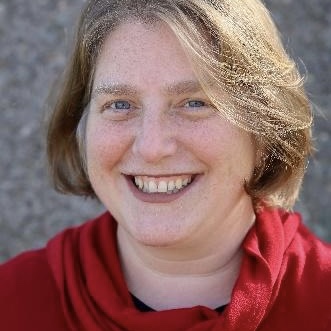
Dr. Sarah Flicker is a York Research Chair in Community Based Participatory Research and Full Professor in the Faculty of Environmental and Urban Change at York University. She is engaged in an exciting program of research that focuses on the engagement of youth and other actors in environmental, sexual and reproductive justice. More broadly, she is interested in community-based participatory methodologies and is active on a variety of research teams that focus on adolescent sexual health, well-being and responding to gender-based violence in Canada and South Africa. Recently, she has published in the areas of health promotion, sexuality, ethics, decolonizing methodologies, participatory visual methods and community-based participatory research methods. Her research has informed policy at the municipal, provincial and federal levels. Sarah and her teams have won a number of prestigious awards for youth engagement in health research. Sarah is a straight, white, middle class, able-bodied, Jewish, cisgender female, of immigrant/settler descent who tries to understand the pervasive effects of privilege, and her roles and responsibilities as a treaty person. She is an inaugural member of the Royal Society of Canada’s College of New Scholars, Artists and Scientists.
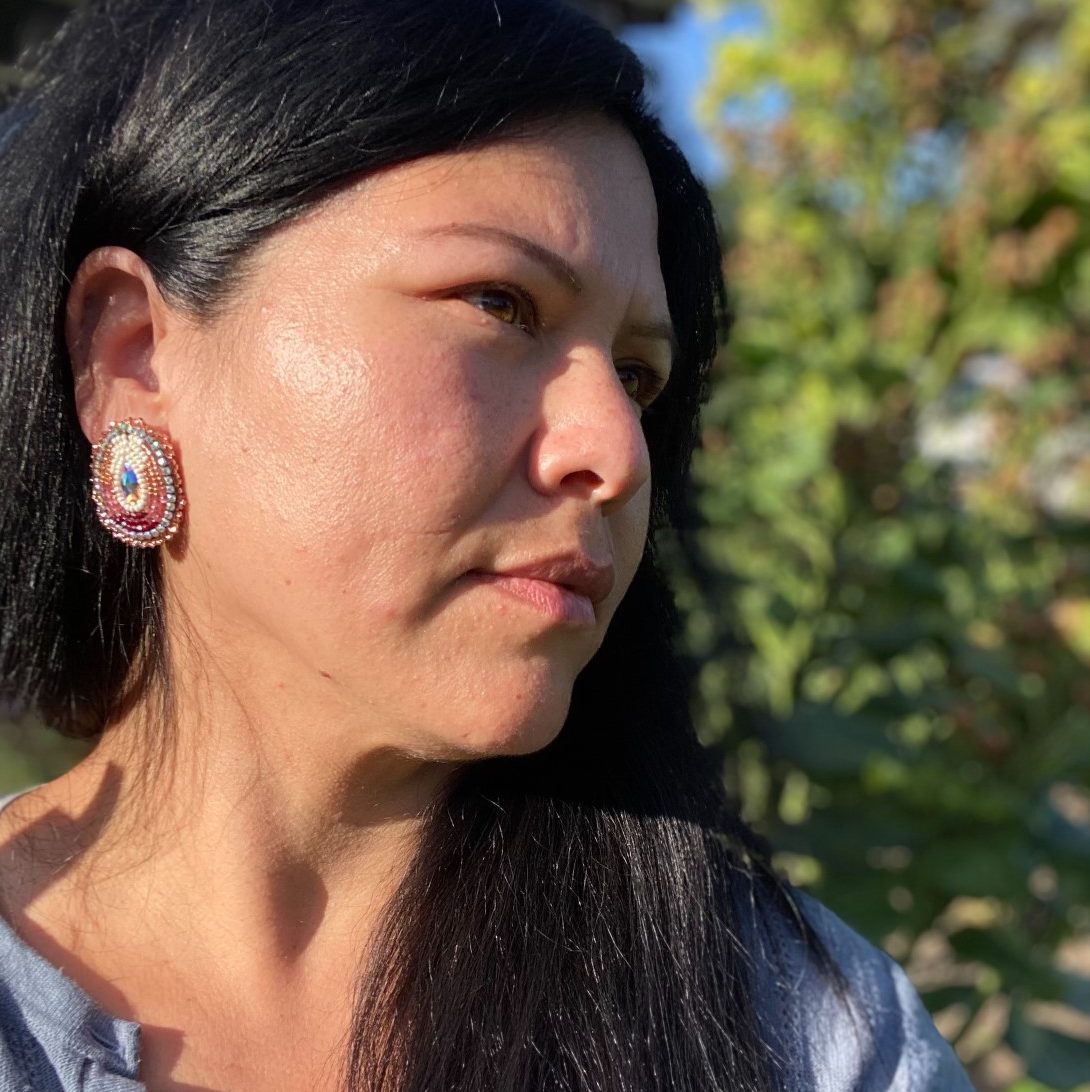
Dr. (Kristi) Leora Gansworth, Anishinabekwe, is a scholar and maker who holds a PhD from York University in the field of critical geography. She is also trained in social sciences of environmental and food systems (MA, Antioch University, 2014) and a lifelong poet/artist (MFA, Writing, Goddard, 2012). Leora is a proud citizen of Kitigan Zibi Anishinabeg, where her maternal ancestry comes from. She also grew up living with Haudenosaunee Peoples (paternal ancestry) on Tuscarora Nation territory.
Sovereignty and healing are the foundation of research practice for Dr. Gansworth. Mino bimaadiziwin, the gift of life, was given to Anishnabeg to care for and Leora applies this responsibility in her works. She is a frequent contributor and collaborator on projects that relate to multiple forms of justice.
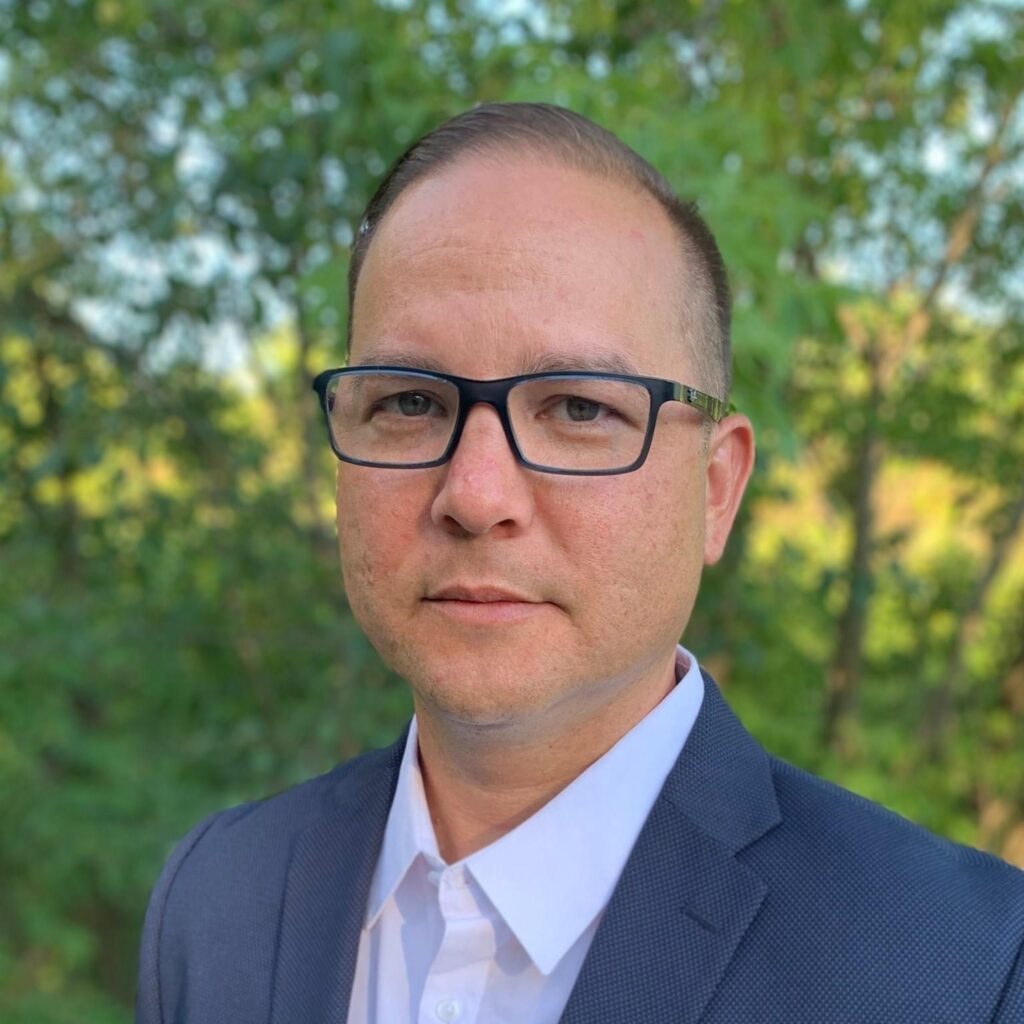
Tehota’kerá:ton Dr. Jeremy D. Green is a proud Kanien’kehá:ka ‘Mohawk’, wolf clan from the Tyendinaga Mohawk Territory. Tehota’kerá:ton is an Assistant Professor of Indigenous Studies at York University specializing in Indigenous Language and Culture Revitalization.
Tehota’kerá:ton earned his PhD at the University of Hawai’i at Hilo in the Hawaiian and
Indigenous Language & Culture Revitalization PhD Program where he graduated from the first ever non-Hawaiian speaking cohort.
With over three decades of experience in the field, Tehota’kerá:ton sits on several advisory
boards and is a sought-after indigenous language revitalization consultant whose research
supports the speaking proficiency development of second language learners of indigenous
languages and communities. He is a sitting member of the Ontario College of Teacher’s
Kanien’kéha Circle Steering Committee (advisory group) and Kanien’kéha Endorsement
Representatives (recognized speakers of the language by their community) who works with
other endorsement representatives to endorse and verify individuals to teach Kanien’kéha (The Mohawk Language) in Ontario schools.
Tehota’kerá:ton’s community-based work centers on dynamic Kanien’kéhá:ka ceremonial
practices, speeches, oratory, rites, and land-based practices. In 2014 Tehota’kerá:ton was
recognized by Six Nations Polytechnic’s Indigenous Knowledge Center as a Six Nations
Community Scholar for translating repatriated works from the Smithsonian Institute’s J.N.B.
Hewitt collection from Kanien’kéha to English; the translation of locally sourced ceremonial
speeches from the Onondaga and Cayuga languages into Mohawk, and for his research,
collection, transcription, translation and recording of ceremonial speeches in the Mohawk
language. Professor Green’s community-based practice also includes the perpetuation and
maintenance of Kanien’kehá:ka ceremonies, feasts, and rites; hunting and fishing practices,
forest gardening, planting of indigenous foods, collection and use of medicinal plants, maple sap collection and syrup production and the re-establishment of the region’s biodiversity through planting and stewarding of native plants and trees.
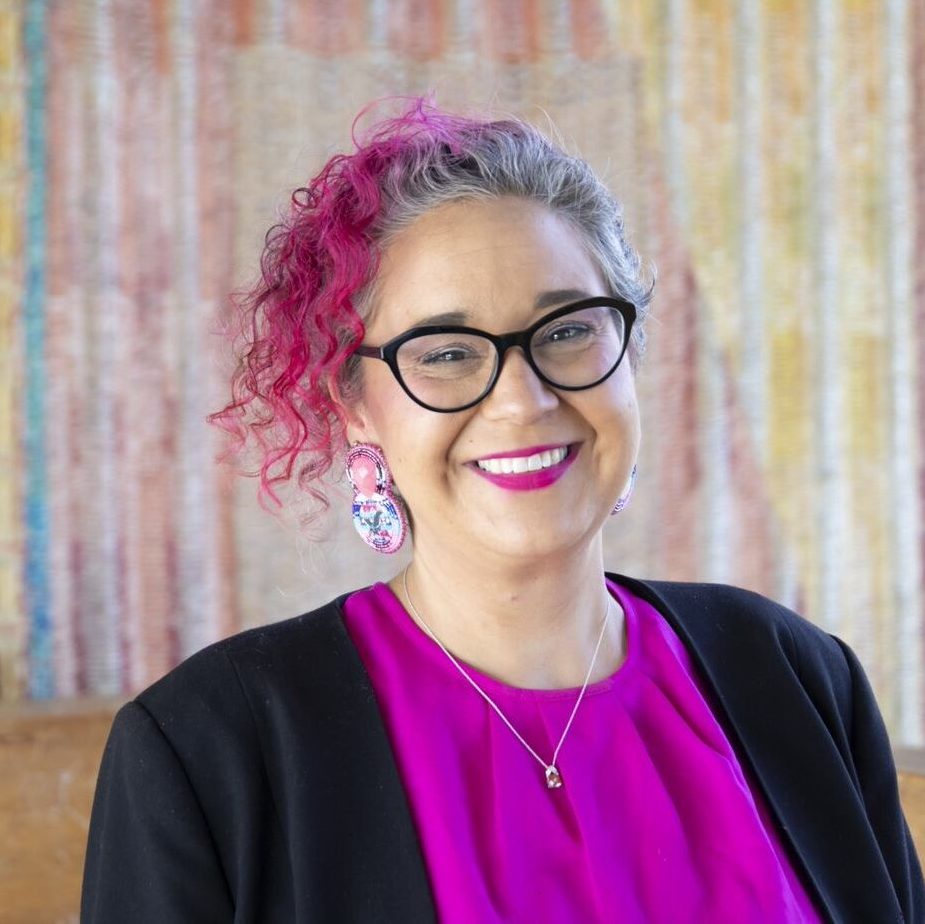
Dr. Ruth Green is an Associate Professor in the School of Social Work at York University. She has served as the Co-Chair of the Indigenous Council at the university and the Special Advisor to the President on Indigenous Initiatives. She is an activist turned accidental academic. Professor Green identifies as an urban Indigenous person and is a citizen of the Haudenosaunee Confederacy. She is from the Mohawk Nation and is a member of the Turtle Clan. She was born a Canadian but was 1/2 disenfranchised when she was 10 years old. By the time she was 34.5 years old, she was completely disenfranchised. She acknowledges the privileges she gets in a world of identity politics to be governed by legislation that is 100 years older than she is! Professor Ruth also acknowledges her paternal Celtic heritage. She likes to think about Indigenous education and social issues that impact Indigenous communities. Dr. Green has a PhD from OISE in Adult Education and Community Development, an MSW and a BSW from Ryerson University
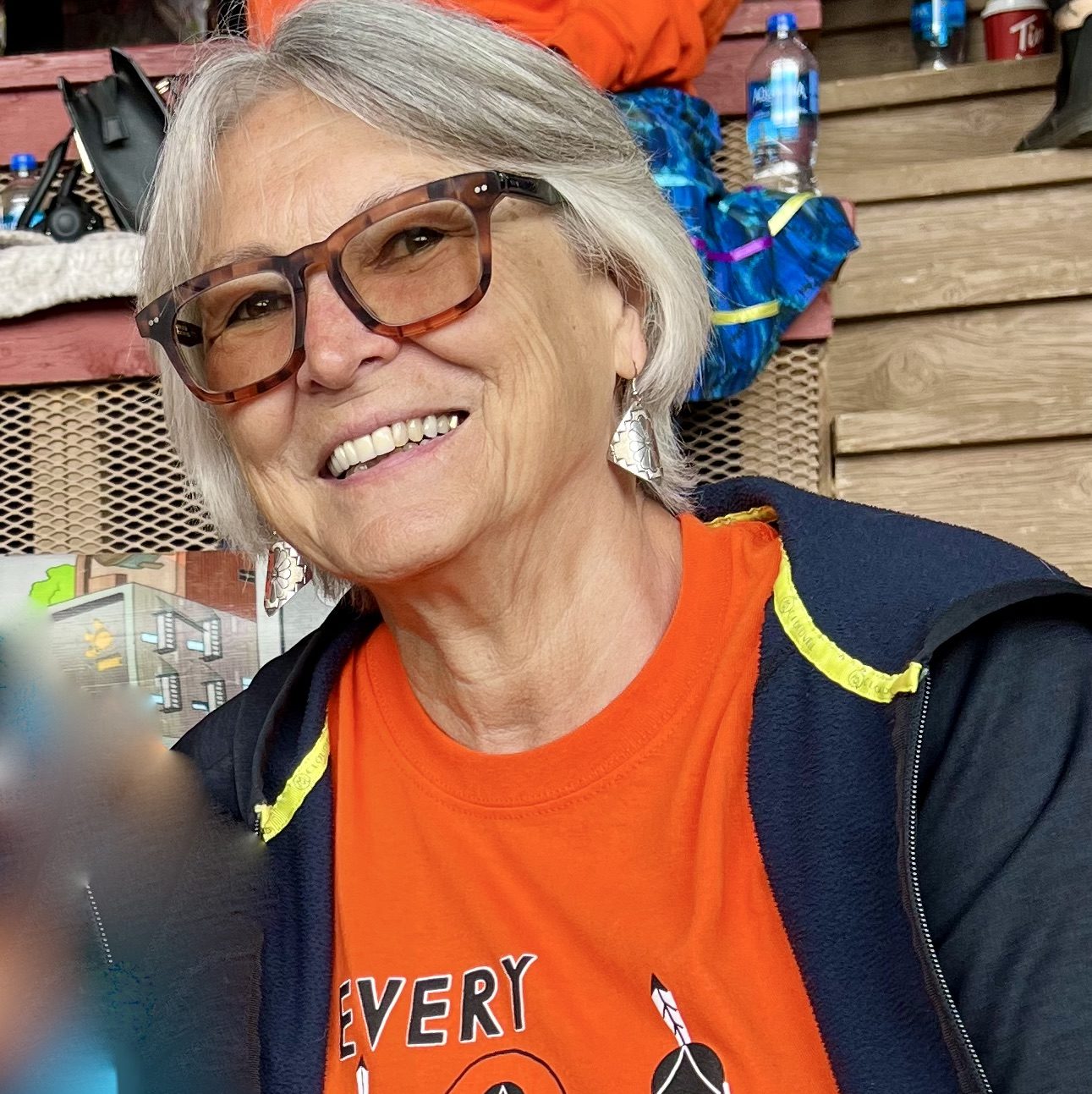
Celia Haig-Brown is a Euro-Canadian ethnographer committed to respectful and reciprocal research and practice. Her first book (1988), a retrospective ethnography of the Kamloops Indian Residential School, was based on interviews with former students. A new and updated edition, Tsqelmucwílc: The Kamloops Indian Residential School, Resistance and a Reckoning, with Indigenous collaborators, will be launched on September 30, 2022 at the Tk’emlups te Secwepemc grounds in BC. She co-directed two documentaries with the children and grandchildren of the KIRS students. Her recent film Listen to the Land addresses the complexities of the Naskapi Nation’s commitment to land and caribou in the reality of open pit mining (http://www.listeningtotheland.org). She has completed two shoots for her next film, Rodeo Women: Behind the Scenes (https://rodeowomencanada.org)
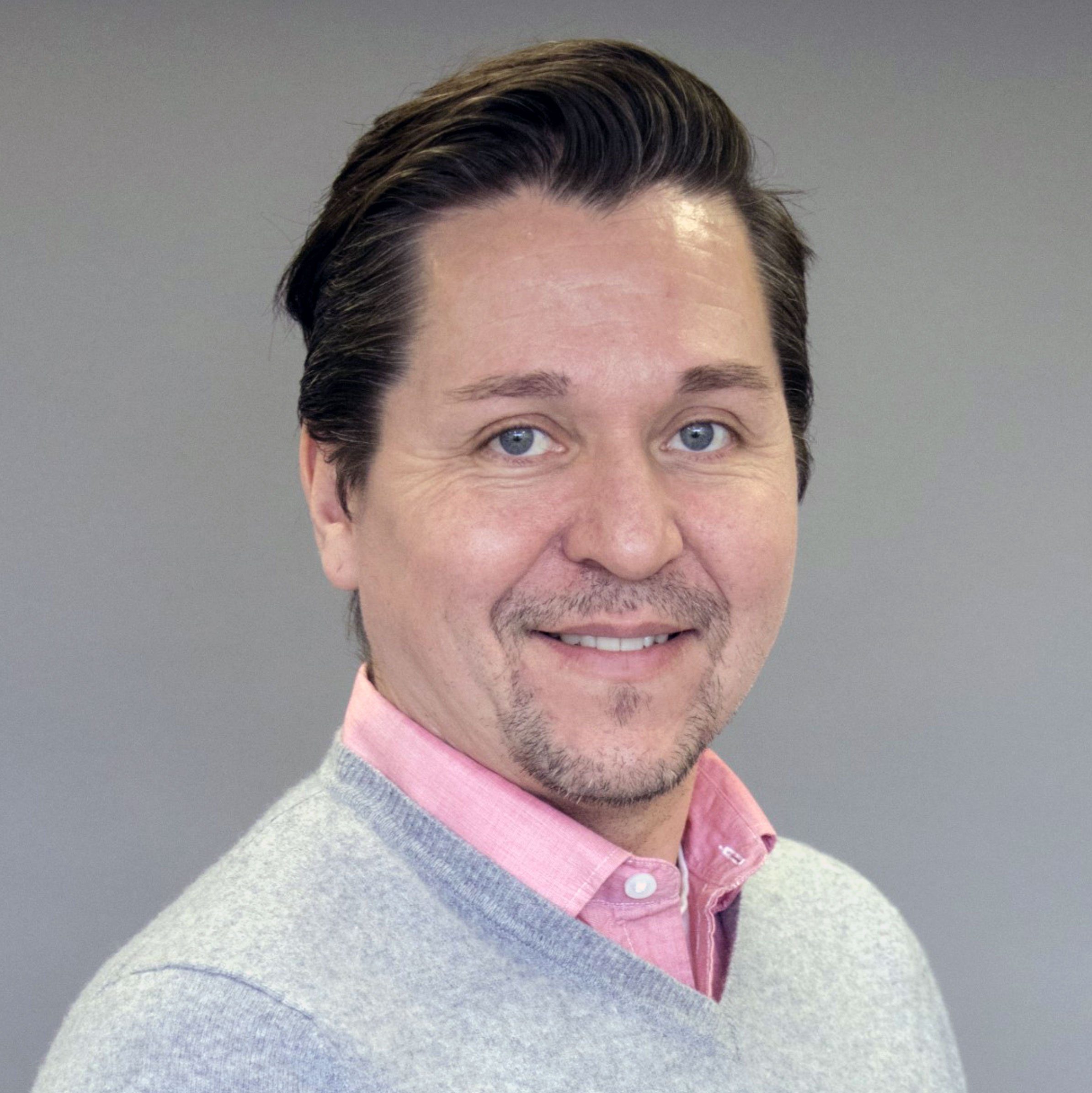
Jeffrey Hewitt (mixed-descent Cree) is an Associate Professor at Osgoode Hall Law School, and teaches constitutional law as well as co-directs Osgoode’s Intensive Program in Indigenous Lands, Resources and Governments. His research interests include Indigenous legal orders and governance, public law, human rights and remedies, legal education, as well as art and law. Prior to his appointment to Osgoode, Professor Hewitt was on the Faculty of Law, University of Windsor and had been adjunct faculty at both Osgoode Hall Law School and the University of Toronto. In 2019, Professor Hewitt received a Law Society Medal, was the 2015 Charles D. Gonthier Fellowship from the Canadian Institute for the Administration of Justice; and a 2013/14 McMurtry Fellow at Osgoode Hall Law School examining the relationship between Indigenous art and law; is past-President of the Indigenous Bar Association of Canada; and since 2002 served as General Counsel to Rama First Nation during which time General Counsel’s office received a 2011 Canadian General Counsel Award for Social Responsibility for work with First Nation Elders and youth. Professor Hewitt holds an LLB and LLM from Osgoode Hall Law School and is called to the Bar in the Province of Ontario. He has served on various boards, and continues to volunteer in various capacities.
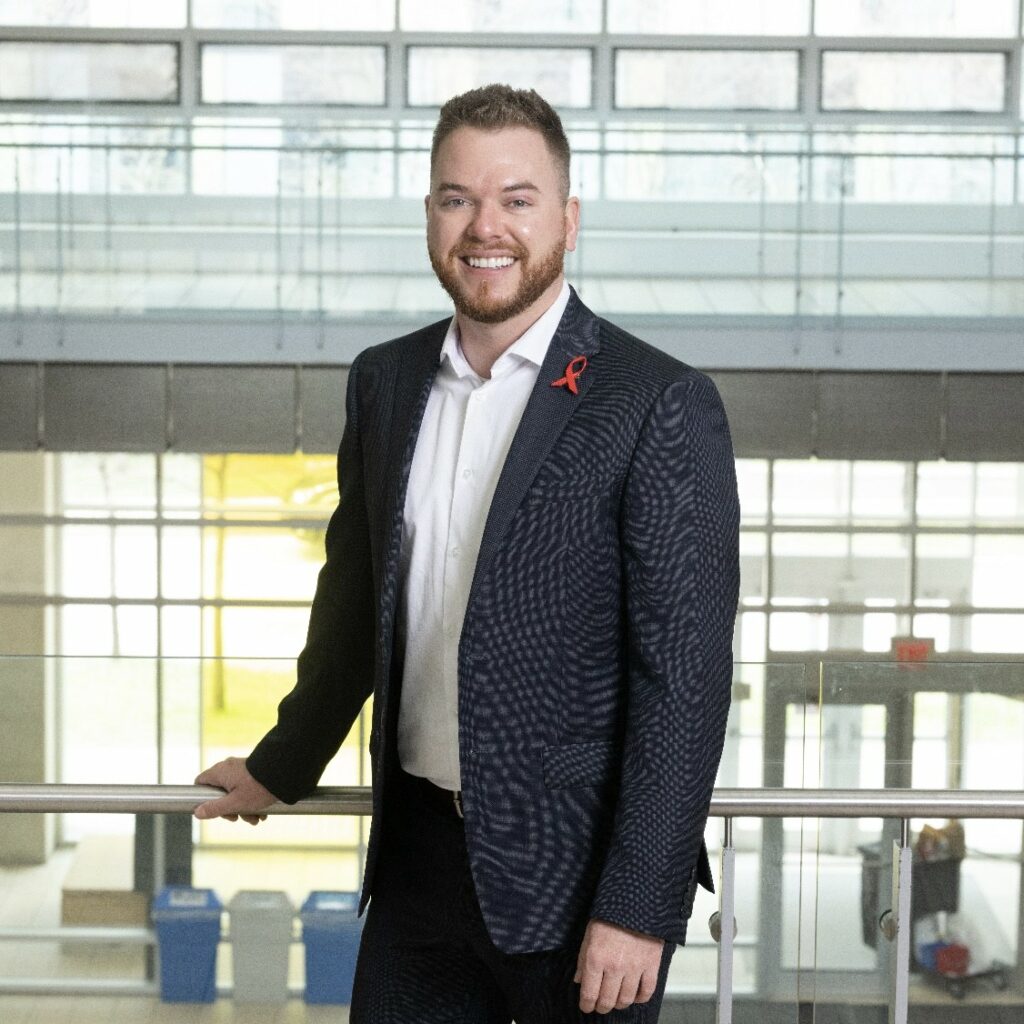
Dr. Sean Hillier is a Mi’kmaw scholar (member of the Qalipu First Nation). He is an associate professor and York Research Chair in Indigenous Health Policy & One Health in the Faculty of Health at York University. Sean sits on the National Interagency Panel on Research Ethics. His collaborative research program spans the topics of aging, living with HIV and other infectious diseases, and One Health - all with a concerted focus on policy affecting health care access for Indigenous Peoples. Dr. Hillier has been successful in receiving funding from each of the three federal granting agencies and is the current Inaugural Associate Director of the $318 million research project, Connected Minds: Neural and Machine Systems for a Healthy Just Society.
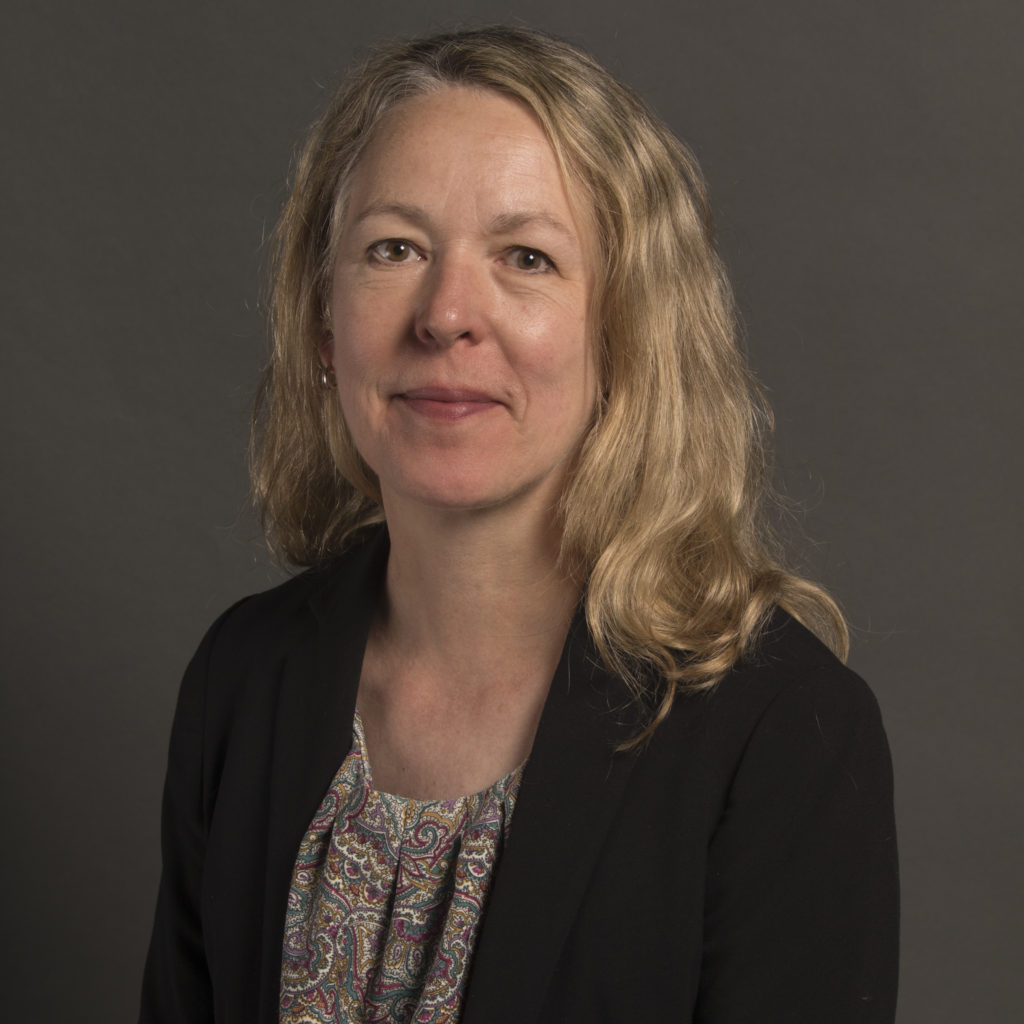
Dr. Anna Hudson is an art historian, curator, writer and educator specializing in Canadian art, curatorial and Indigenous studies. Formerly Associate Curator of Canadian Art at the Art Gallery of Ontario, Hudson is now a professor in the Graduate Program in Art History, Department of Visual Art & Art History at York University. Hudson’s collaborative curatorial credits include Tunirrusiangit Revisited, a virtual reality reimagining of Tunirrusiangit: Kenojuak Ashevak and Tim Pitsiulak (2018, with Koomuatuk Curley, Taqralik Partridge, Jocelyn Piirainen, Laakkuluk Williamson Bathory, and Georgiana Uhlyarik for the Art Gallery of Ontario), the international touring show Painting Canada: Tom Thomson and the Group of Seven (2011, with Ian Dejardin and Katerina Atanassova, for the Dulwich Picture Gallery, London, UK); inVisibility: Indigenous in the City, part of INVISIBILITY: An Urban Aboriginal Education Connections Project (with Susan Dion and Carla Rice for the John B. Aird Gallery, Toronto, 2013); The Nude in Modern Canadian Art, 1920-1950 (with Michèle Grandbois, for the Musée national des beaux-arts du Québec); and the Art Gallery of Ontario exhibitions Woman as Goddess: Liberated Nudes by Robert Markle and Joyce Wieland; and Inuit Art in Motion (co-curated with Laakkuluk Williamson Bathory).
John Waaseyaabin Hupfield (he/him) is Anishinaabe, Marten clan, and a member of Wasauksing First Nation. Hupfield’s research is rooted within his work as a grassroots community based educator, teaching powwow alongside his partner Deanne Hupfield, to urban Indigenous folx in Toronto over the past 15 years. As a grass dancer, he travels extensively to powwows across the Anishinaabeg nation, and Turtle Island at large. His work looks at powwow as a place of critical importance for Anishinaabeg, where we can enact our own pedagogy, praxis, and knowledges in grounding our community through culture and land.
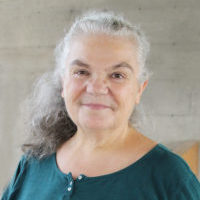
Dr. Bonita Lawrence is Mi'kmaw, with Acadian and English background. Dr. Lawrence created the Indigenous Studies program at York University and was the Chair of the Department of Equity Studies as well from 2008-2010. Currently, Professor Lawrence is teaching in the Indigenous Studies Program at the university. Her research and publications have focused primarily on urban and non-status identities, and federally unrecognized Aboriginal communities. She is the author of "Fractured Homeland: Federal Recognition and Algonquin Identity in Ontario" (UBC Press, 2012) and "Real" Indians and Others: Mixed-Blood Urban Native People and Indigenous Nationhood (University of Nebraska Press and UBC Press, 2004). She is also the author of N'In D'la Owey Innklan: Mi'kmaq Sojourns in England, a historical novel spanning 500 years of Mi''kmaq history both in Atlantic Canada and in London. She is also a traditional singer who continues to sing with groups in Kingston and Toronto at Native social and political gatherings.

Andrew McConnell is a member of Nipissing First Nation living in the Toronto area, and has been teaching for almost 20 years. He was the coordinator for Indigenous education at the York Region District School Board for 5 years, where he directly supported the work of the Indigenous Education team, liaised with the education staff from Georgina Island First Nation, and the Anishinaabek Education System while constantly advocating for the inclusion of Indigenous content across the board. Before becoming a teacher, Andrew worked in the media, first at Aboriginal Voices, a Native arts magazine based in Toronto, and then at CTV News, where he worked in production for 7 years. Andrew, a member of AISES, is currently pursuing his PhD in Digital Media at the Lassonde School of Engineering, and teaching as a seconded faculty member for the Faculty of Education at York University.
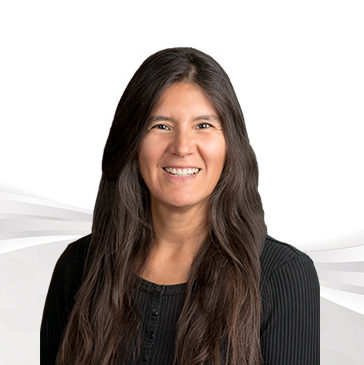
Dr. Deborah McGregor (Anishinaabe), Principal Investigator, holds the Canadian Research Chair in Indigenous Environmental Justice. She is cross-appointed to Osgoode Hall Law School and Faculty of Environmental Studies (FES) at York University. Dr. McGregor's research has focused on Indigenous knowledge systems and their various applications in diverse contexts including water and environmental governance, environmental justice, forest policy, and management, and sustainable development. Her research has been published in a variety of national and international journals and she has delivered numerous public and academic presentations relating to Indigenous knowledge systems, governance and sustainability. She co-edited Indigenous Peoples and Autonomy: Insights for a Global Age with Mario Blaser, Ravi De Costa, and William Coleman (2010). She is co-editor (with Alan Corbiere, Mary Ann Corbiere and Crystal Migwans) of the Anishinaabewin conference proceedings series. Prior to joining Osgoode, Professor McGregor was an associate professor in the Department of Geography at the University of Toronto and served as Director of the Centre for Aboriginal Initiatives and the Aboriginal Studies program. She has also served as Senior Policy Advisor, Aboriginal Relations at Environment Canada-Ontario Region. In addition to such posts, Dr. McGregor remains actively involved in a variety of Indigenous communities, serving as an advisor and continuing to engage in community-based research and initiatives. In 2021, she was the co-recipient (along with Dr. Angele Alook) of York University's Catalyzing Interdisciplinary Research Clusters (CIRC) Grant for "Indigenous Climate Leadership and Self-Determined Futures."
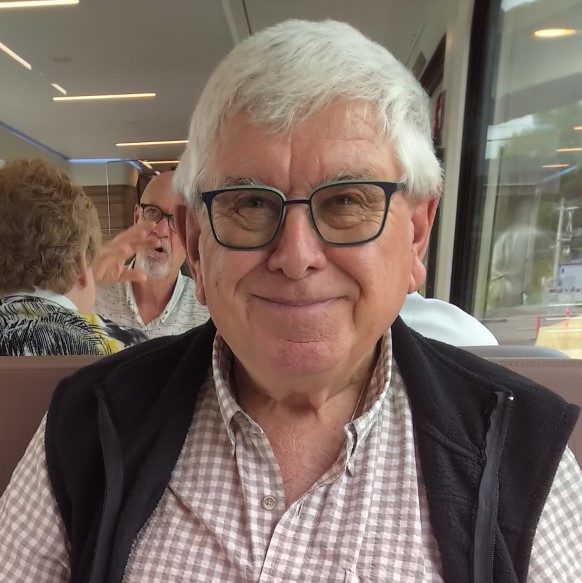
Dr. David T. McNab is a leading authority on Indigenous Treaties, land, and resource issues in Canada. Elected a Fellow of the Royal Society of Canada on November 24th, 2017, McNab taught Indigenous Thought and Canadian Studies in the Departments of Equity Studies/Humanities in the Faculty of Liberal Arts and Professional Studies at York University (2004-2018) where he was a Full Professor. He is now Professor Emeritus and Senior Scholar at York University. He was one of the first Metis historians to complete his doctorate on British Imperial policy towards Indigenous peoples in 1978 at the University of Lancaster. In two books (Circles of Time, Aboriginal Rights and Resistance in Ontario, 1999; No Place for Fairness: Indigenous Land Rights and Policy in the Bear Island Case and Beyond, 2009), he shows that much was achieved for Indigenous rights in the 1980s and early 1990s in Ontario. McNab has published, or completing, more 15 books, and many other publications numbering well over 140. In 2009 he published the Fourth Edition (with Olive Patricia Dickason), of Canada’s First Nations, (Oxford University Press). In 2013 he co-authored Indigenous Voices and Spirit Memory with Aboriginal Issues Press as well as Historic Saugeen Metis, A Heritage Atlas (with Paul-Emile McNab). In 2015 he co-edited Tecumseh’s Vision, Indigenous Sovereignty and Borders in the Great Lakes, and Beyond with Aboriginal Issues Press at the University of Manitoba. McNab is currently completing an edited multi-volume edition of the Journals (1885-1912, 1918-1928) of Ezhaaswe (found in 2003 at more than 6,000 pages), William A. Elias (c. 1849—1929) for Wilfrid Laurier University Press. Ezhaaswe was a citizen of Bkejwanong, residential school survivor at Mount Elgin, graduate of Victoria College in the University of Toronto, Methodist missionary, teacher and medicine person. McNab is a champion of knowledge mobilization, exploring through community engagement both the Truth about Canada’s policies as they impact on First Nations’ and Metis communities and on their lands and resources. He has always been guided by the Two Row Wampum, Indigenous Knowledge and Thought, and by the true meaning of Canada as a place of both Reconciliation and Truth.

Christo El Morr, PhD, is a Professor of Health Informatics and the Director of the Centre for Feminist Research (CFR) at York University. He is also a Research Scientist at North York General Hospital, Toronto. Additionally, he serves as the Health Informatics Certificate Coordinator.
His research aligns with an Equity Informatics perspective, covering areas such as Equity AI (e.g., patient readmission, disability advocacy), Patient-Centered Virtual Care (e.g., chronic disease management, mental health), Global Health Promotion for equity (e.g., equitable health promotion), and Human Rights Monitoring (e.g., disability rights, Gender-Based Violence).
As a theologian and poet, his broader intellectual contribution to social justice focuses on defending the human person against alienation, whether through infringements on human freedom or dignity in the face of irrational powers and exploitation. His work encompasses the fight for freedom from oppression (e.g., analysis of exclusive identities, communion and solidarity, freedom, liberation of reason), freedom from exploitation (e.g., analysis of illusions of freedom, political and religious exploitation), and the freedom to celebrate life (e.g., poetry).

Chandra Murdoch is a SSHRC Postdoctoral Fellow at Osgoode Hall Law School and holds a PhD in History from the University of Toronto. She is a settler scholar of British and Norwegian descent. She is working on her first book titled Confronting the Indian Act: Colonial Strategy and Indigenous Response in Nineteenth Century Ontario, based on her doctoral research, which examines the development of the Indian Act alongside Anishinaabe, Haudenosaunee, and Lenni Lenape political response to the law through the Grand General Indian Council. Her postdoctoral research examines treaty, property, and inheritance laws in Ontario to analyze the role of the Department of Indian Affairs in creating and maintaining settler property while imposing restrictive inheritance measures on reserves. She holds a SSHRC Connections Grant with Dr. Alan Corbiere to examine a historically significant Grand Council held at the Six Nations of the Grand River in 1858. Indigenous academics, knowledge keepers, and community delegates from fourteen historically involved First Nations will be invited to present community histories and expert perspectives on the council, inter-Indigenous, and Crown-Indigenous diplomacy.
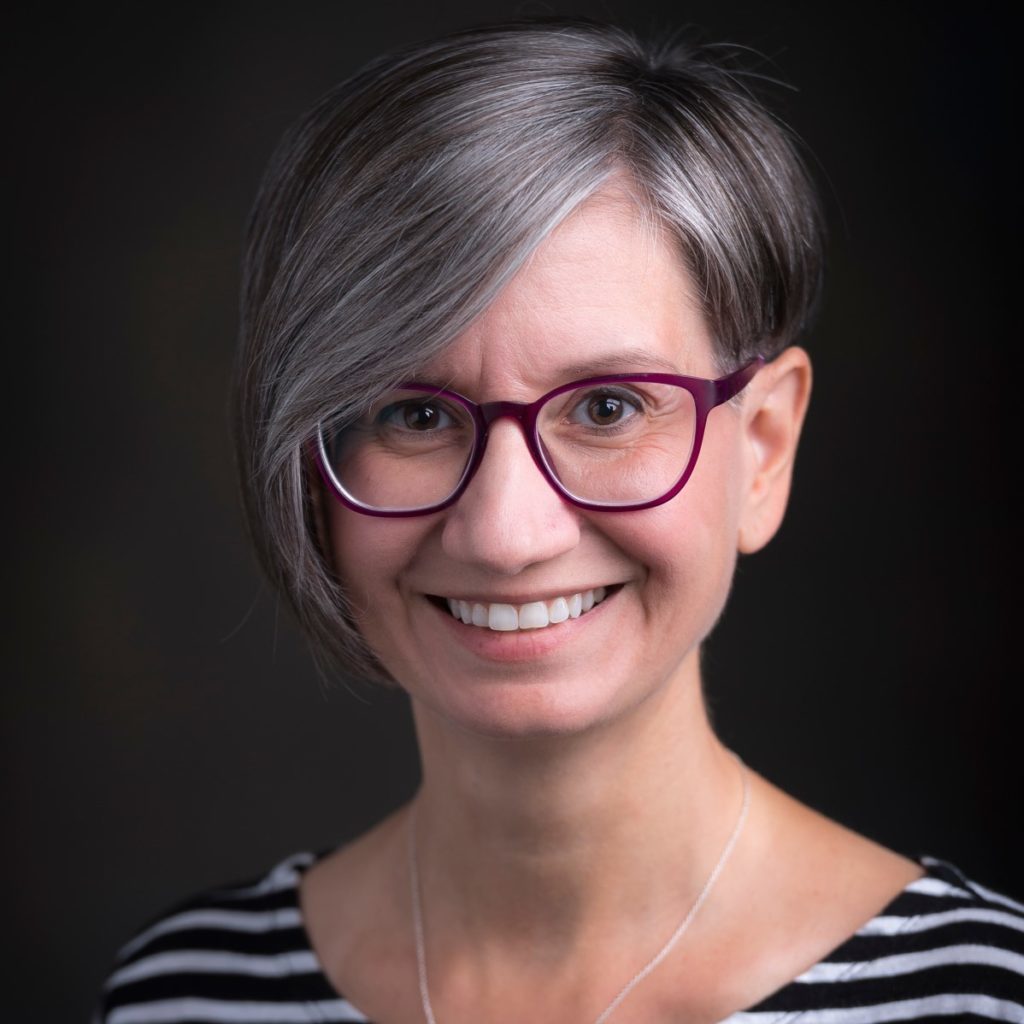
Dr. Nicole Muir is Métis with family roots in Red River. Dr. Muir recently joined the Faculty of Health as an Assistant Professor in Psychology (Clinical Developmental stream). She recently completed a Post Doctoral Fellowship from the University of Toronto at Well Living House, an Indigenous action research centre. During her post doc, she helped to set up Auduzhe Mino Nesewinong (Place of Healthy Breathing), an Indigenous health support centre that focused on COVID testing and vaccination for urban Indigenous people where she developed the Indigenous contact tracing training component. Dr. Muir completed a Masters degree in Clinical Child Psychology followed by a PhD in Forensic Psychology, both at Simon Fraser University (SFU) as a SSHRC scholar. During graduate school, Dr. Muir collaborated with BC Youth justice, guided by Indigenous professionals working in youth justice, to develop and implement practice guidelines and training for youth probation officers to support their work with Indigenous youth on probation.
Prior to graduate school, Dr. Muir worked at an Indigenous child protection agency, an Indigenous health unit (both in Toronto), and as a consultant for children with special needs in the Downtown Eastside in Vancouver. Within urban Indigenous populations, her research focuses on colonialism, trauma, foster care involvement, justice system involvement, mental wellness, and violence risk assessment tools. Her career, even before graduate school, has focused on improving the health and mental wellness of Indigenous children, youth, and adults.

Danica Pawlick-Potts is a Research Associate in Communication and Media Studies at York University and a member of the Alexis Nakota Sioux First Nation. Danica’s research specializes in Indigenous Data Sovereignty and focuses on supporting the development of data infrastructure that affirms and respects Indigenous data sovereignty and expanding our knowledge of the implications of emerging data and technologies for Indigenous peoples. Danica works closely with the First Nations Information Governance Centre’s Data Sovereignty Research Collaborative and is a member of the National Indigenous Knowledge and Language Alliance. She also holds expertise in broader issues in AI and data ethics and data literacy such as trust and public perceptions of AI. In 2021 Danica and her colleague, Dr. Mike Ridley, received the Association of Information Science and Technology’s SIG AI Publication of the year award for their paper “Algorithmic Literacy and the Role for Libraries”. Danica is currently completing her PhD in Library and Information Science at Western University. Her dissertation focuses on the theory of data territories to make sense and navigate the networked and decontextualized nature of Indigenous data in virtual spaces, and as a tool to guide the assessment and development of research data repositories. She received her MLIS from the Faculty of Information and Media Studies at Western University (’18), and her BA with Distinction in English from the University of Calgary (’16).
Link to bio.
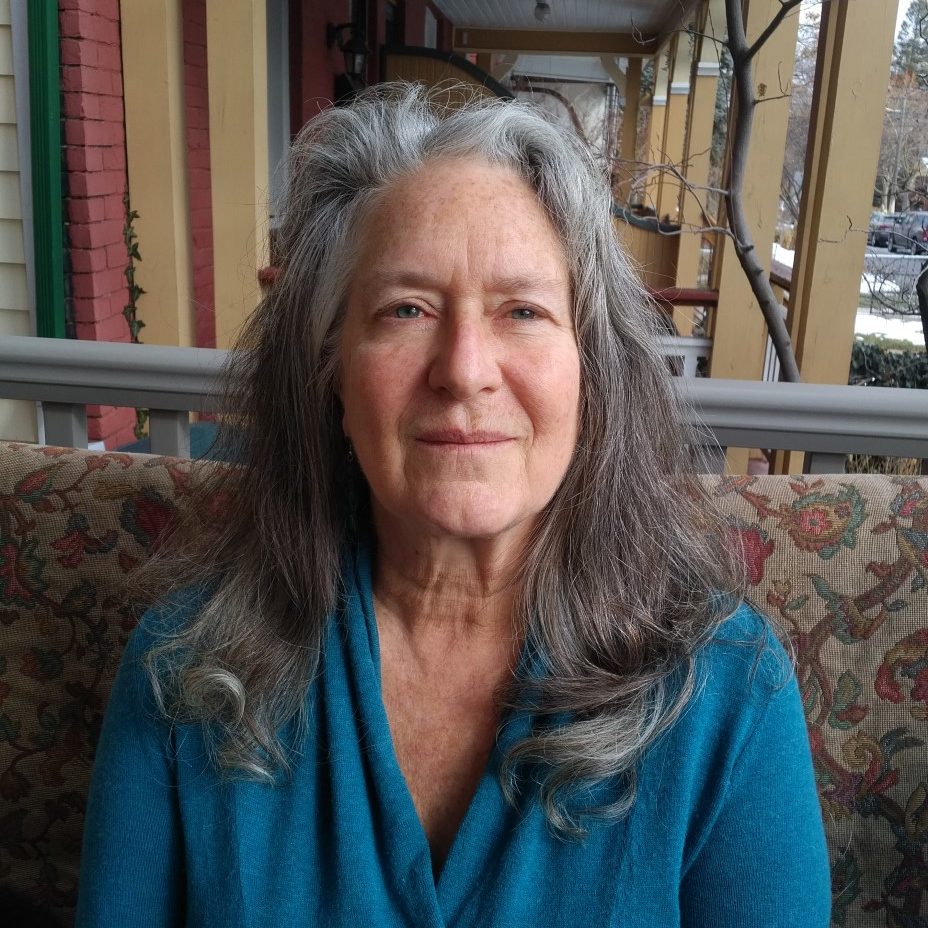
Dr. Patricia E. (Ellie) Perkins is a Professor in the Faculty of Environmental and Urban Change, York University, Toronto, where she teaches ecological economics, community economic development, climate change science & policy, and critical interdisciplinary research design. She has also taught at Eduardo Mondlane University in Maputo, Mozambique. She holds a PhD in Economics from the University of Toronto and has authored many publications on feminist ecological economics, climate justice, commons, and participatory governance. Her research and community projects with civil society and university partners address environmental and climate injustice, economic inequities, and the transition to sustainable provisioning.
She is a Lead Author for Chapter 5 (“Demand, Services, and Social Aspects of Mitigation”) of the Intergovernmental Panel on Climate Change Sixth Assessment Report (2022).
She directed international research projects on community-based watershed organizing in Brazil and Canada (2002-2008) and on climate justice and equity in watershed management with partners in Mozambique, South Africa and Kenya (2010 – 2012). Her most recent international project with partners in Brazil, Chile, South Africa, Cameroon, Kenya, Mozambique, and Nigeria is building a global network of participatory researchers on Climate Justice, Ecological Economics and Commons Governance
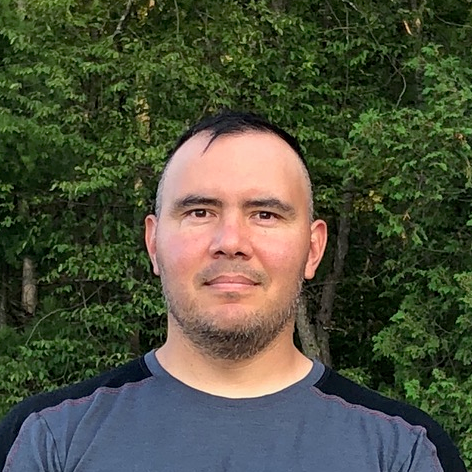
Dr. Brock Pitawanakwat is an Associate Professor in the Department of Humanities and is the Coordinator of the Indigenous Studies Program at York University. He is a proud Anishinaabe from Whitefish River First Nation. In 2013, Dr. Pitawanakwat was an Assistant Professor in Indigenous Health and Wellness at the University of Sudbury’s Department of Indigenous Studies. Prior to this, he worked as a researcher with the Truth and Reconciliation Commission and held two academic appointments as an Assistant Professor, Graduate Chair, and Acting Director of the Aboriginal Governance Program at the University of Winnipeg and as an Assistant Professor of Indigenous Studies at First Nations University of Canada. Additionally, his MA thesis looked at Indigenous political movements in southern Mexico and his PhD dissertation explored language revitalization efforts of the Anishinaabeg in Manitoba and Ontario. Currently, Dr. Pitawanakwat’s research interests include Indigenous language revitalization, health, history, labour and politics.
Link to bio.
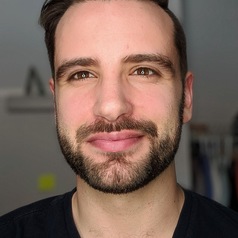
Dr. Dean Ray is the new coordinator for the Centre of Indigenous Knowledges and Languages. He is a settler-scholar who works in partnership with Indigenous communities. His research focuses on building ethical relationships with Indigenous Peoples and understanding how these communities create, maintain, and grow organizations. Dean is a language learner and speaker, spending five years learning Nłeʔkepmxcín from elders in the Nicola Valley region of British Columbia. He is excited by the mission of the centre and to work with scholars here at York to further Indigenous resurgence and decolonization.
Dr. Graeme Reed is a Senior Policy Advisor with the Assembly of First Nations (AFN), where he advocates for the inclusion of First Nations in the federal, provincial, and territorial climate change and energy policy dialogue. He also recently completed his doctorate from the University of Guelph (2022) studying the intersection of Indigenous governance, environmental governance, and the climate crisis. His thesis, entitled Indigenous climate futures: Developing alternative visions for nature-based climate solutions, explores how Indigenous solutions can generate self-determined futures in the face of catastrophic change. In addition to research, he is keenly involved in the mobilization of knowledge, including as Coordinating Lead Author of the Indigenous Resilience Report in the National Climate Assessment and as Co-Chair of the International Indigenous Peoples Forum on Climate Change in the United Nations Framework Convention on Climate Change. He is Anishinaabe from the Great Lakes (Wiikwemkoong Unceded Territory) with mixed ancestry from England, Scotland, and Germany.

Dr. Michael Rotondi is an Associate Professor of Biostatistics in the School of Kinesiology and Health Science. Working in partnership with Indigenous health service partners and Well Living House for over 10 years, he has developed and applied advanced statistical techniques, specifically respondent-driven sampling, to improve the health of Indigenous Peoples living in urban areas. Recent projects include: a) Co-leading a CIHR-funded research study to measure the rates of testing, incidence and vaccination for COVID-19 in First Nations, Inuit and Métis Peoples living in Toronto, London, Thunder Bay and Kenora; and, b) Unmasking factors that are associated with cardiovascular disease in Indigenous Peoples living in Toronto and Hamilton.
In 2024, he was awarded a Canadian Institutes of Health Research and Public Health Agency of Canada Applied Public Health Chair to further support the Indigenous partners’ research priorities. These include developing the most accurate population counts of Indigenous Peoples living in cities, and measuring the long-term impact of the COVID-19 pandemic on chronic health and mental health outcomes in Indigenous Peoples living in urban areas.
Anna St. Onge (she/her/they) is an archivist at York University Libraries based out of the Department of Digital Scholarship Infrastructure. She holds a B.A. in History and Celtic Studies and a Masters of Information Studies degree with a specialization in Archival Studies and Book History & Print Culture, both from the University of Toronto. Her current research focuses on archival praxis and reminiscence therapy for PLWD (people living with dementia) and a collaborative archives project with the Ojibwe Cultural Foundation on Manitoulin Island. She is Canadian of mixed Irish, Acadian, French Canadian and Scottish ancestry and grew up northeast of North Bay.
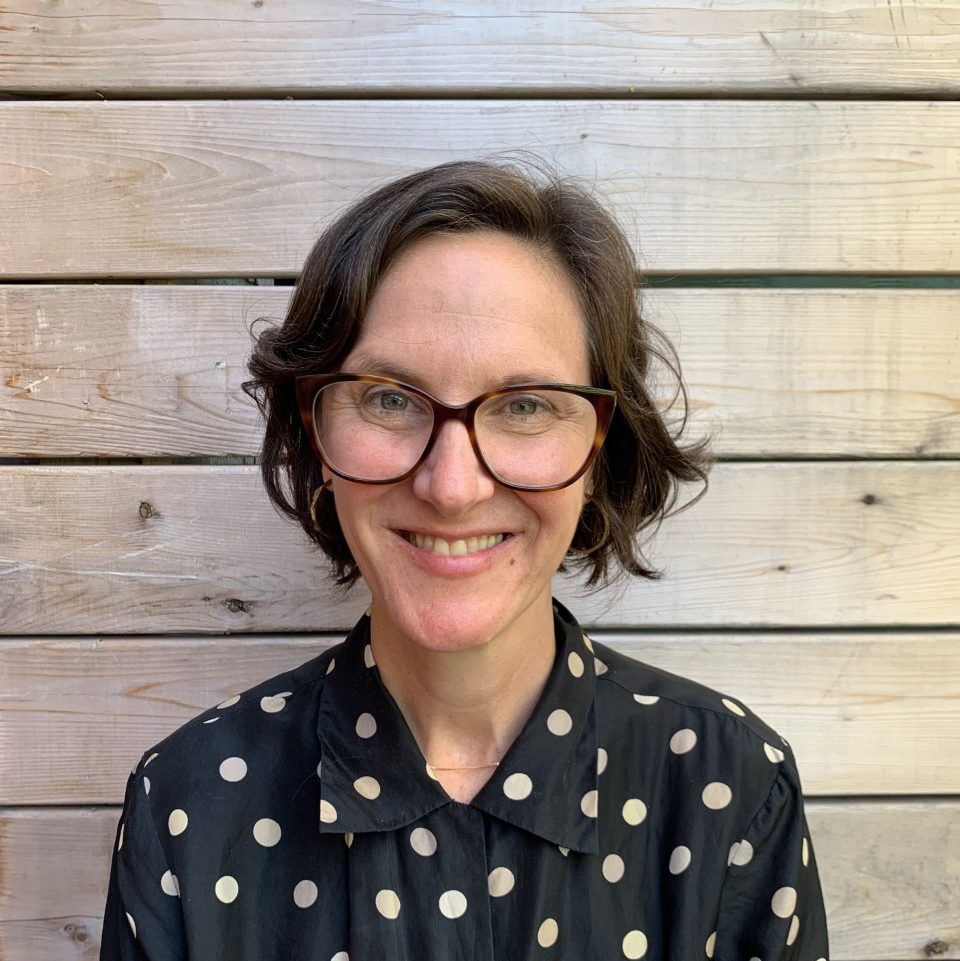
Dr. Martha Stiegman is a filmmaker and Assistant Professor in the Faculty of Environmental and Urban Change at York University. She is white settler of mixed French ancestry, who grew up in Mi’kma’ki, or so-called Nova Scotia. Her community-based research and collaborative video work examine Indigenous/settler treaty relations in their historic and contemporary manifestations, with particular attention to food sovereignty and justice; as well as participatory and visual research methodologies and ethics. Recent publications include A Treaty Guide for Torontonians with the Talking Treaties Collective; Recognition by Assimilation: Mi’kmaq treaty rights, fisheries privatization, and community resistance in Nova Scotia with Sherry Pictou; and Leashes and Lies: Navigating the colonial tensions of institutional ethics of research involving Indigenous people in Canada with Heather Castleten. Recent films include By These Presents: “Purchasing” Toronto with Ange Loft, kiskisiwin | remembering with Jesse Thistle, and We Story the Land with Sherry Pictou.
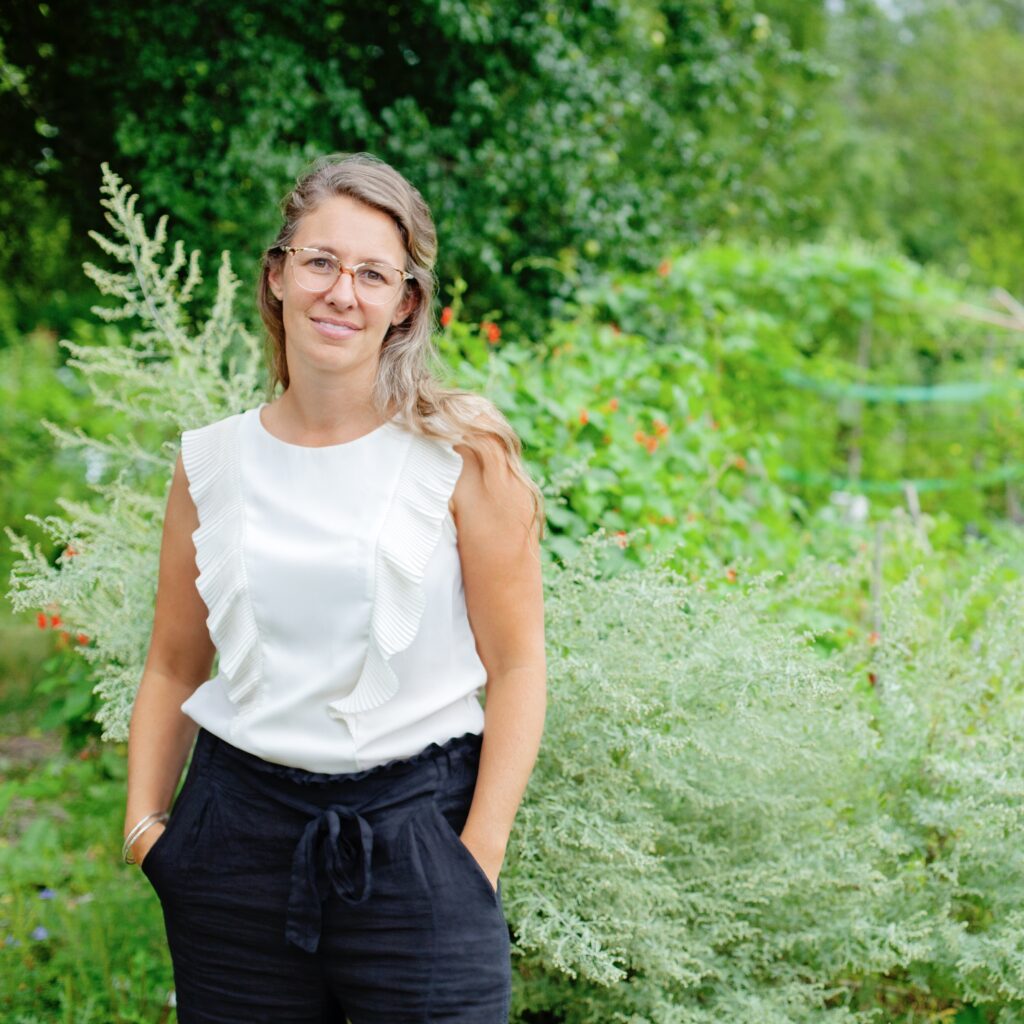
Jessica Vorstermans (she/her) is an assistant professor in Critical Disability Studies, School of Health Policy & Management. As a white woman settler scholar I work to enact equity as a set of social relations, equity as relational, in all sites of my work. I am an interdisciplinary scholar with plural threads of inquiry rooted in relationship with transnational communities and activists doing equity, anti-racism, anti-colonial and anti-capitalist work and resistance. My research is guided by multiple lines of inquiry that, together, work to understand how the processes of colonization and disablement have organized, and continue to organize, our world and the ways this is hidden, erased and pushed out of our systems of knowledge. My teaching is embedded in this understanding of the world, asking students to engage with critical understandings of ways that oppressions are produced and reproduced and how communities are intervening and building new worlds. My research programme is rooted in community engaged participatory research, which is predicated on building meaningful, reciprocal and messy relationships. My research is transnational, and in community with those experiencing extreme marginalization and poverty. Specifically, my research examines two substantive sites to take up questions of inequity, disability, disablement, and social change: (1) Transnational transformative education (with a major focus on transnational service learning) and (2) Community development, mutual aid and solidarity in the Global South. I work to do research that is reciprocal and not extractive, research that is led by community for their benefit, engaging co-PIs in the co-construction of research questions, methodologies and knowledge mobilization plans.
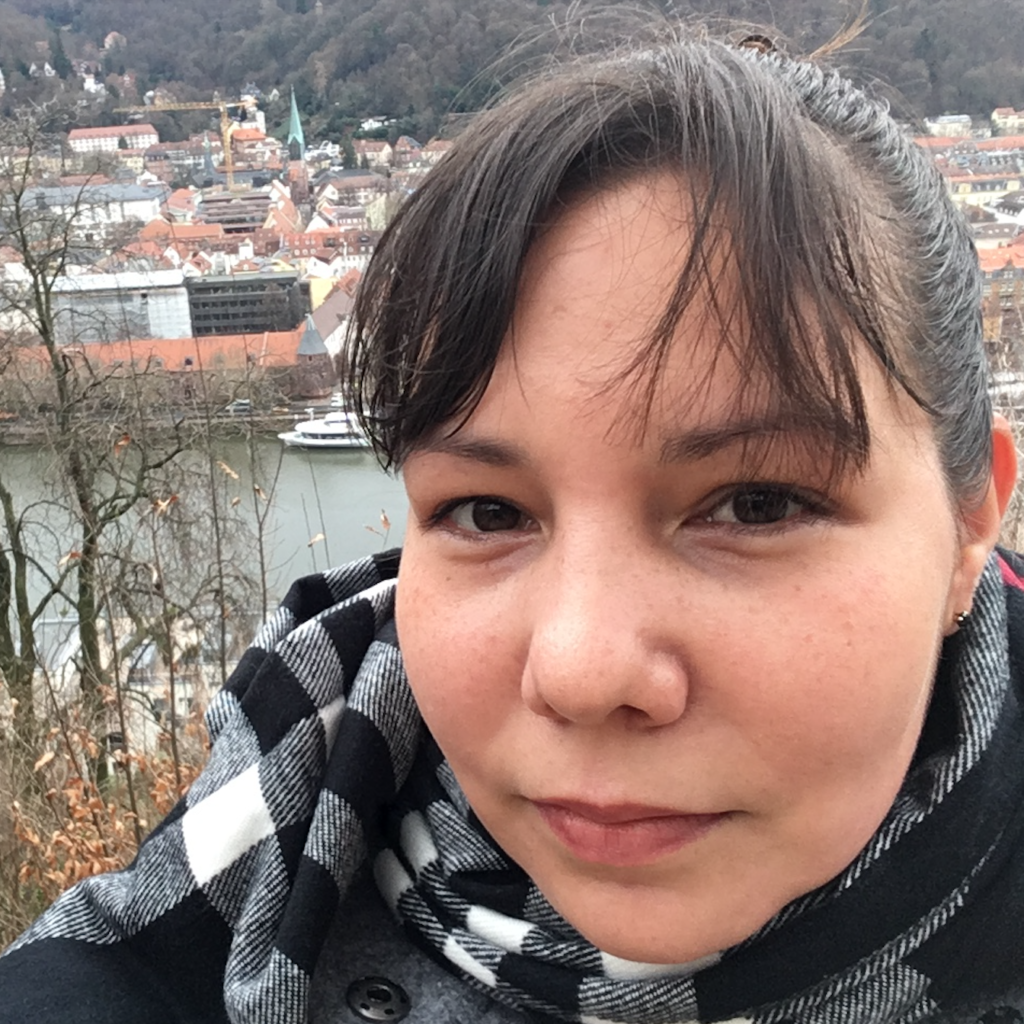
Rachel Arsenault is an Indigenous Kwe (Ojibwe and Odawa) from Wiikwemkoong Unceded First Nation on Manitoulin Island. Presently, she works as a Research Assistant at York University and as an Associate for Coeuraj. She holds a Master's degree with a specialty in Indigenous Relations, within global contexts and is currently pursuing her PhD in the Faculty of Environmental Studies program at York University in Toronto. The focus of her PhD research is supporting Indigenous-led and Indigenous-driven solutions to the climate change challenges that Indigenous communities are facing as well as assisting communities with building resilience.
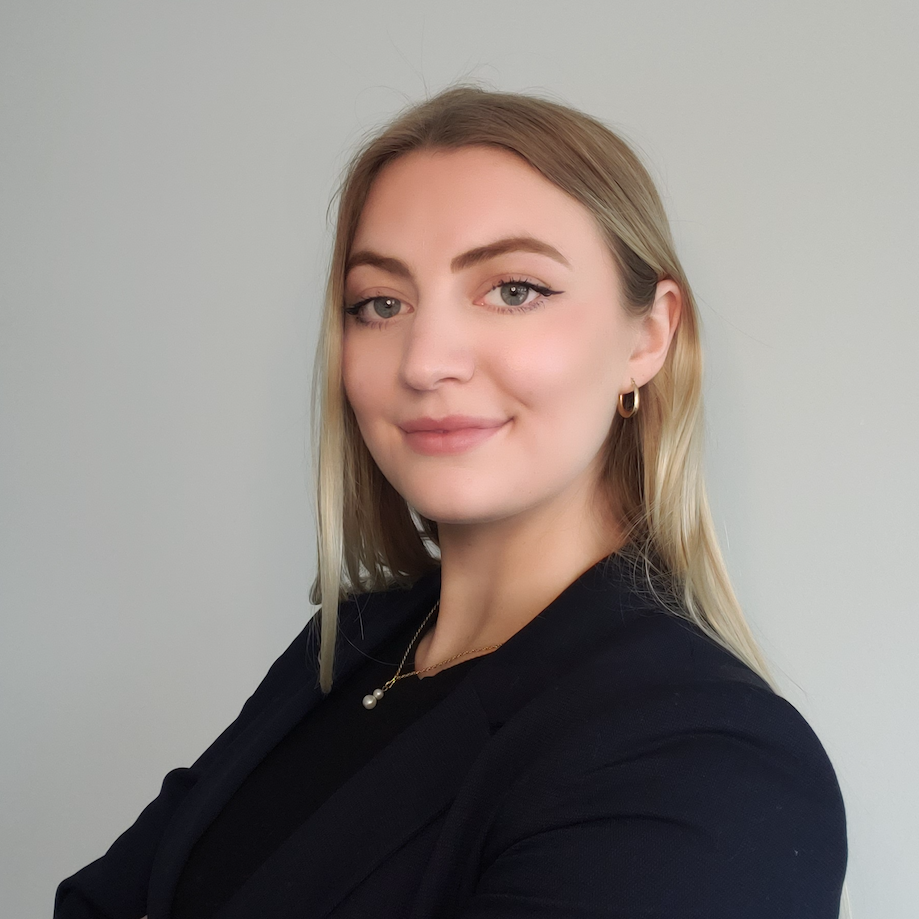
Hunter Bidder (she/her) graduated from Carleton University in 2018, with a B.A. in criminology (Honours) with a minor in women and gender studies. Currently, she is enrolled in Osgoode Hall Law School, Class of 2024, and is seeking to use her education, and the privilege afforded by such to influence domestic public policy and substantive equality. Hunter is a Research Assistant for Dr. Angele Alook, and will be assisting with, among many tasks, organizing literature from previous Indigenous climate justice research and the political economy of resource extraction, as well as preparation for COP27, by understanding the UNFCCC framework and the participation of Indigenous Peoples Organizations. Her hope is to be able to disseminate the CJKL's work to the legal community in her upcoming executive role in Osgoode's Environmental Law Society, as Communication Director.

Ana Cardoso (she/her) is a Brazilian who has been living in Tkaronto since September 2021. She is pursuing her PhD in the Faculty of Environmental and Urban Change (EUC)
at York University and is a Research Assistant in the CIKL project “Indigenous Climate
Leadership and Self-Determined Futures”. She holds a master’s degree in international
relations from the Pontifical Catholic University of Rio de Janeiro (PUC Rio) and a law
degree from Fundacao Getulio Vargas (FGV). Her academic interests lie at the
intersections of decolonial theories, post-colonialisms, environmental humanities, and
critical development studies. Her PhD research focuses on the working concept of
“colonization of the future”, its entanglement with the concepts of “humanity”, “nature”, and “development”, and its implications to the so-called “Era of the Anthropocene”. She has worked as a researcher at FGV Direito Rio and at the Critical Approaches to Development network.
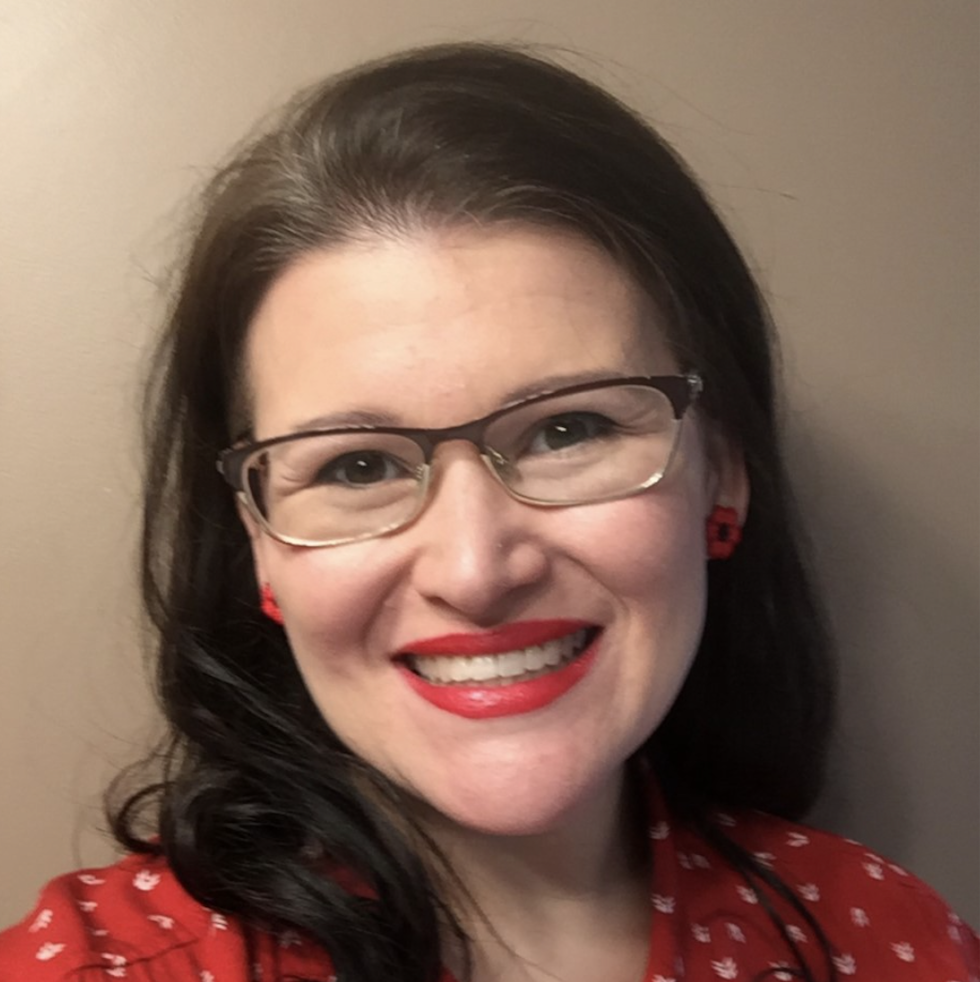
Jennifer Catesby Bolton is Anishinaabe (Gchi'mnissing Indoonjiibaa, Adik nindoodem) with Scottish-Canadian ancestry. Jennifer has a multi-disciplinary background and is an artist and historian. She completed an BA in criminology at York, focusing on restorative justice and prison abolition. Following this, she completed a MA in the department of Political Science, focusing on Arctic sovereignty, self-governance, and land claim negotiations. Currently, Jennifer is completing a PhD in History. Her research focuses on Anishinaabe kwe as community leaders and the spheres of their influence in their families, their communities, and in Canadian nation-building.
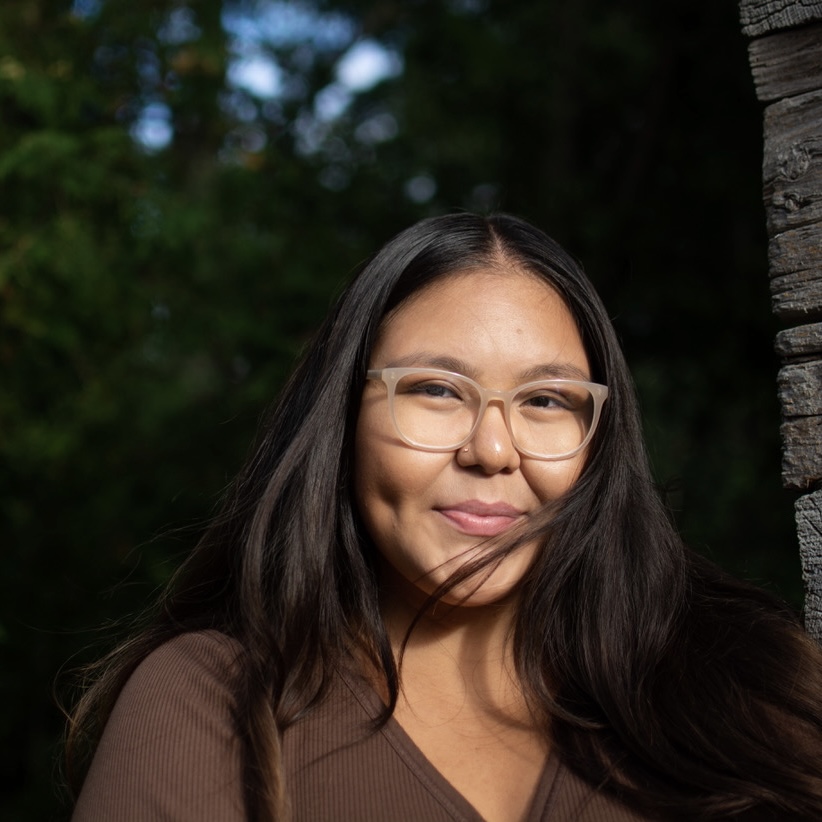
Rainingbird is Plains Cree, Sioux and Dakota from Sturgeon Lake First Nation, located on Treaty 6 Territory also known as Saskatchewan. With her roots extending into North, South Dakota and Montana in the United States. Rainingbird is now currently located in Tkaronto to pursue her education.
Rainingbird is a 2nd year Honours BA Psychology student at York University, with intents to go into Medical School or Graduate Studies in Psychology afterwards. She is very dedicated to leadership with a focus on Human/Indigenous rights in Canada. Rainingbird is the Vice President of the Indigenous Student Association at York, maintains a Fellowship in Human Rights (Internationally), President’s Ambassador (YU) and SHAY Ambassador for the Faculty of Health.
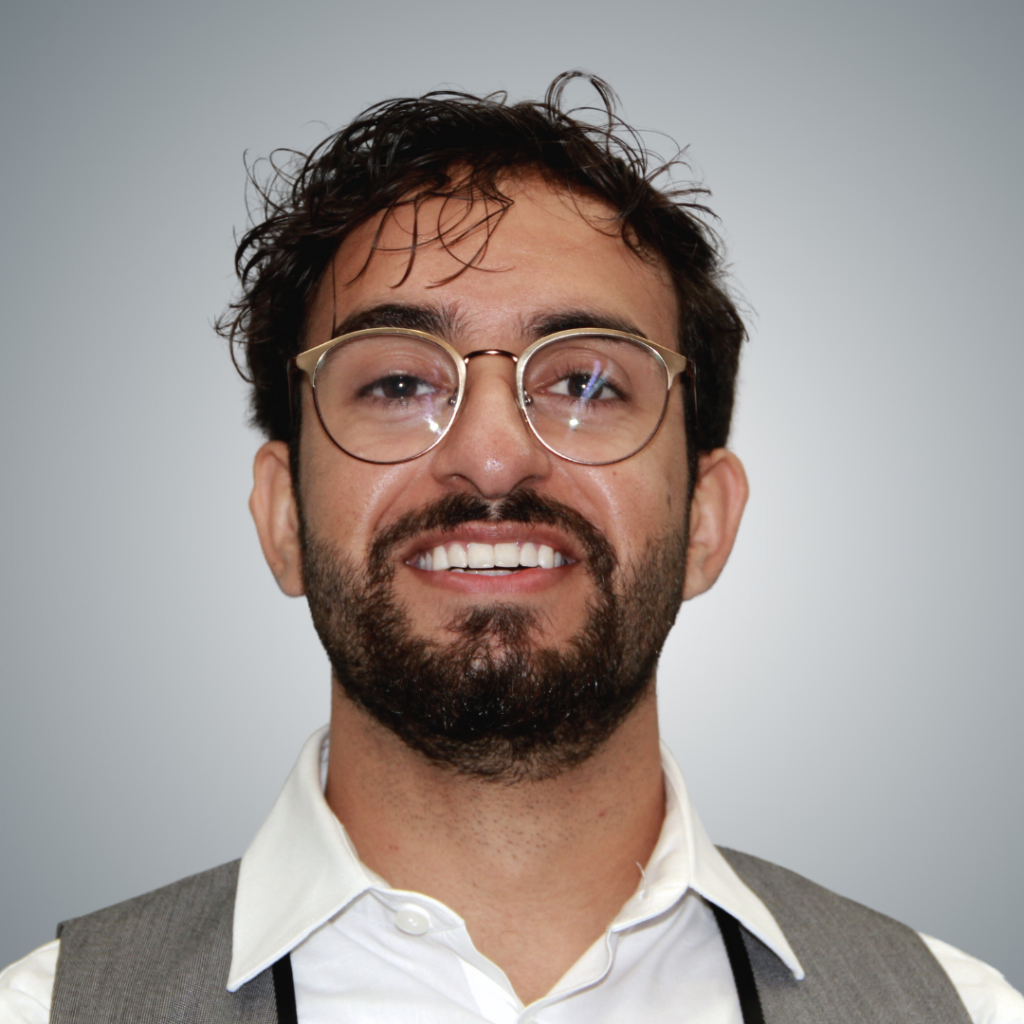
Navjot Dhaliwal is a PhD student in the Geography department at York University, where he is investigating methods to braid different ways of knowing to devise more holistic and collaborative public policies for resource management. His research encourages insights into collective resource management, between the First Nations communities of Lake Nipigon Basin and the Government of Ontario, to promote governance frameworks that incorporate Indigenous knowledge. It specifically highlights the value of Indigenous knowledge, the process through which we can braid this knowledge with Western science, and how these efforts can promote Canadian reconciliation with Indigenous communities. He currently holds a Master of Environment and Business from the University of Waterloo and a Bachelor of Science in Biological Sciences from the University of Calgary. He is a first-generation Canadian of Indian descent.

Ryan Gladwin identifies as a Two-Spirited Métis citizen with ancestral ties to the Drummond Island Voyageurs and currently residing in Treaty 7. His pronouns are he/him/his. He is currently in his fourth year pursuing a Bachelor of Science in Nursing. His academic areas of interest are Indigenous determinants of health, and public health, focusing on sexual health and 2S-LGBTQ+ health issues. In his spare time, Ryan can be found reading, writing, or enjoying time in nature. Ryan is an avid dog lover and welcomes all conversations about pets.
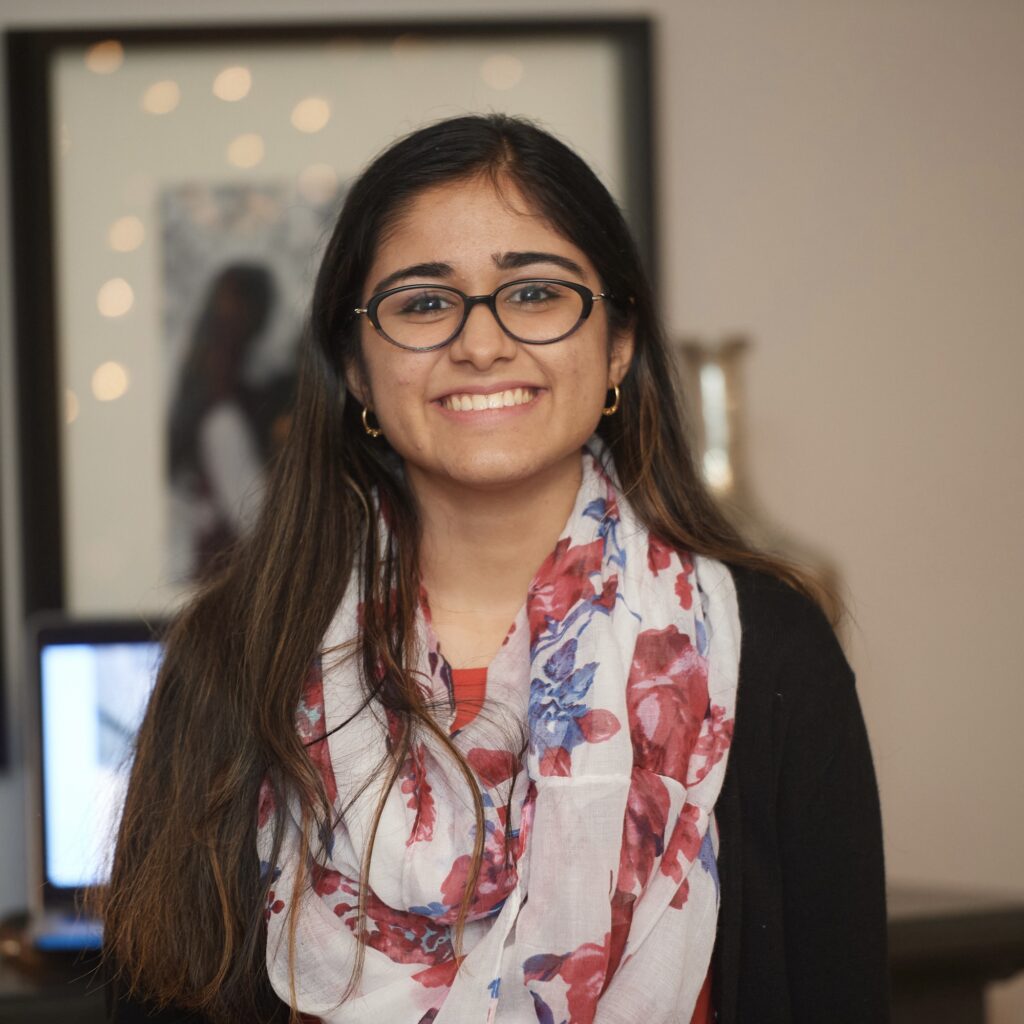
Muskaan Khurana (She/Her) is an undergraduate student who recently completed her Sociology Honours degree at York University. Throughout her four years of education, she has gained much insight into the importance of understanding social issues and is determined to apply her knowledge through advocacy. She holds a passion for matters surrounding rights for people of colour, women and LGBTQIA+ members. In addition, she is going to continue her education at York University and is set to enter the Direct Entry Concurrent Education program for the next two years. She believes in the power of pedagogy and wants to create a positive impact on youth education. She also takes a great interest in storytelling and believes that it is an important way to allow silenced voices to be heard. With that being said, she feels privileged to have received the opportunity to have a personal narrative published in York University’s journal “New Sociology”. Her story “Aging Flower: Giving Back to Those Who Raised Us” is a personal narrative about caregiving for the elderly. She hopes that this piece will bring awareness regarding such issues.
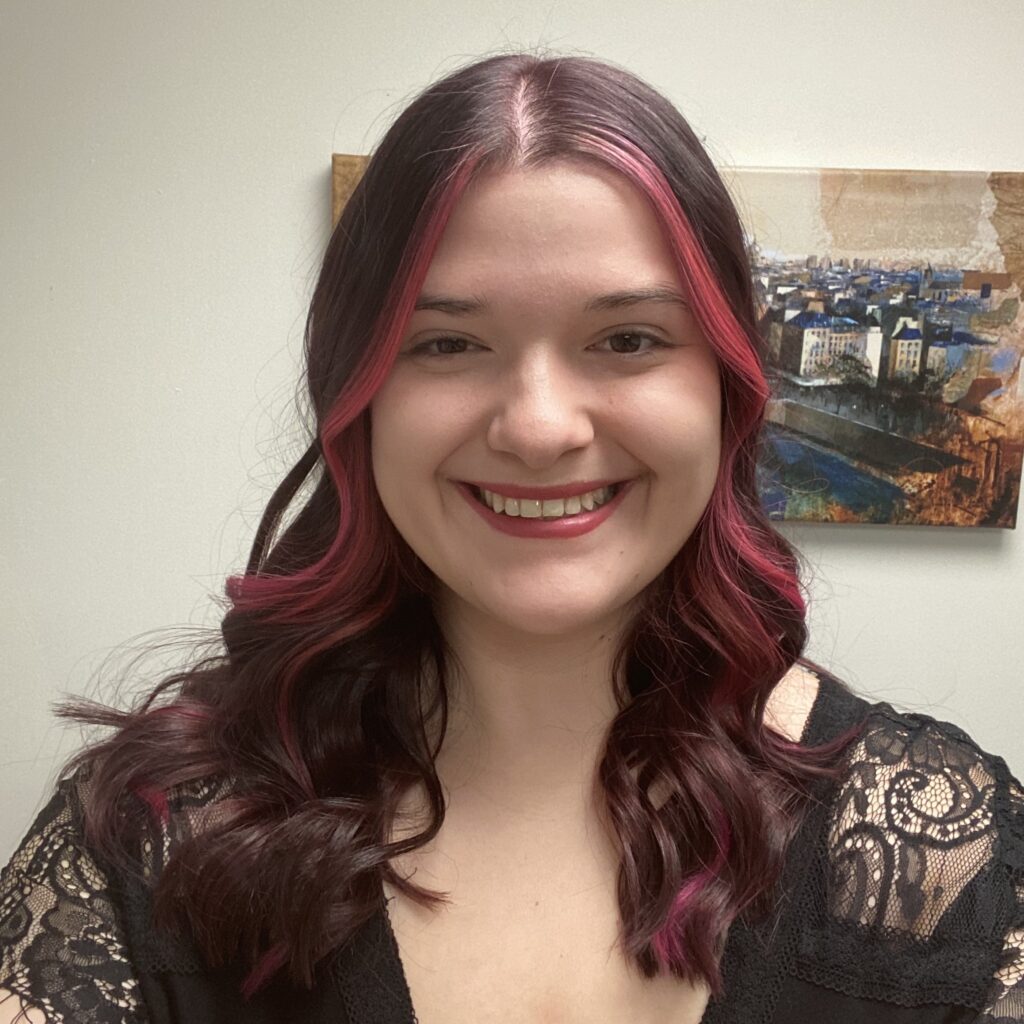
Rebecca Lazarenko (she/elle/iskwêw) is a Franco-Métis iskwêw from St. Albert, Alberta, and a citizen of the Métis Nation of Alberta. She is a doctoral candidate in the History department of York University. Her research focuses on the French colonial project and its effects on Indigenous Nations, specifically Métis, in the Prairies 1900-1950.
Melissa Major identifies as a Métis researcher who takes a relational approach to positive youth development and equity studies in transcultural clinical-developmental psychology. Her current work with Dr. Debra Pepler, her supervisor, includes mapping Indigenous historical trauma in Canada, evaluating a culturally embedded Inuit youth wellness program, describing how moments of love and warmth support the development of Indigenous girls in an Anishinaabe family care service, and exploring hope as one of the benefits of a culturally embedded Anishinaabe substance use rehabilitation program.
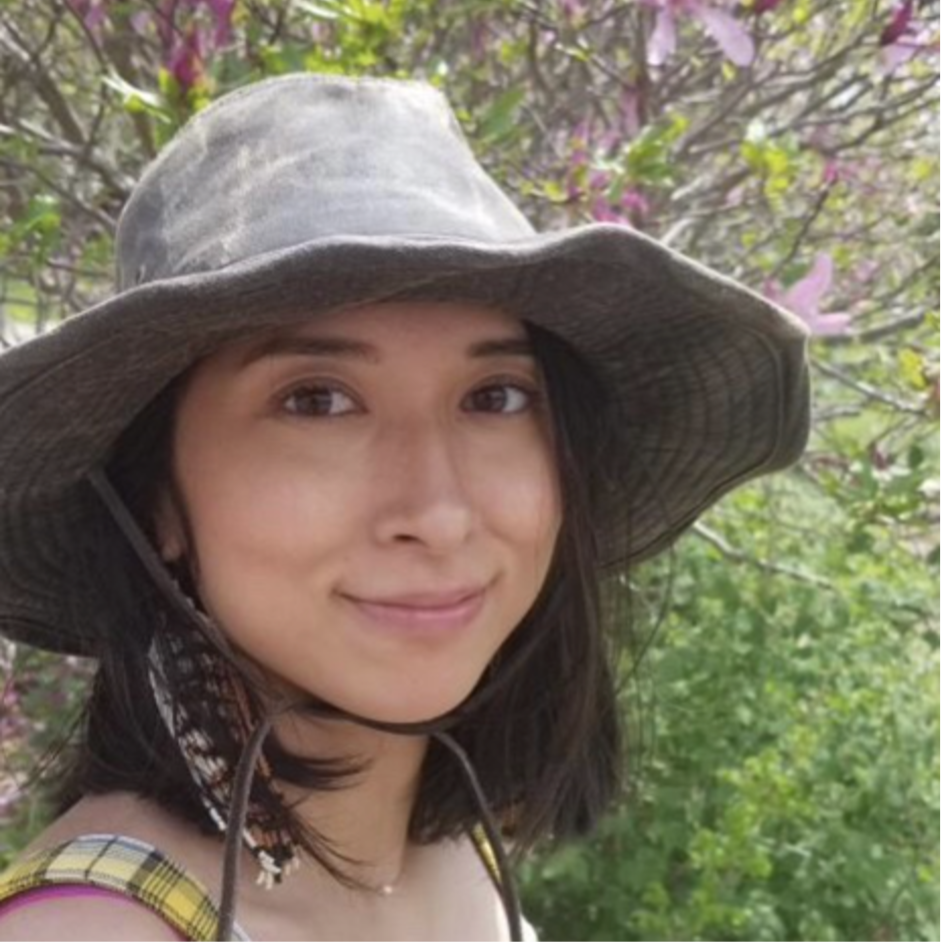
Stephanie McKenzie is an Indigenous kwe (woman) with Opaskwayak Cree Nation and Métis roots. She was born and raised on the unceded territories of northern Tkarón:to. Currently, she is a graduate student in clinical-developmental psychology at York University under the supervision of Dr. Nicole Muir and Dr. Debra Pepler.
She is deeply interested in Indigenous health and wellness research from a strengths-based perspective. Stephanie has research involvement with Indigenous communities. Her personal wellness journey consists of reintegrating and reconnecting with our Indigenous roots through retracing her family history, recognizing our strengths, learning Indigenous knowledge, and participating in cultural practices like beadwork and quillwork. She has hopes of supporting the healthy development of Indigenous children, youth, and young adults in rural and urban settings.
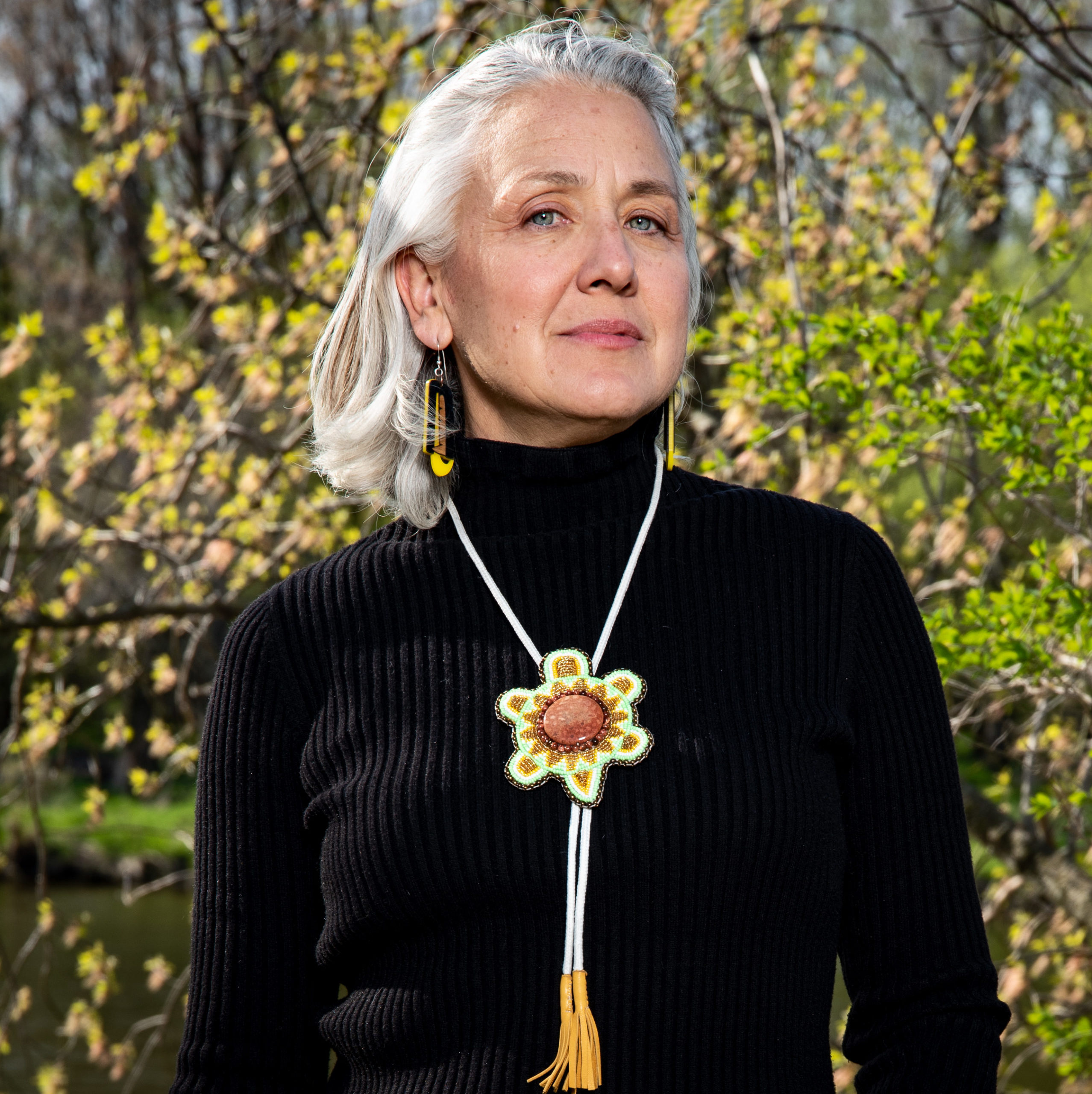
Kahstoserakwathe Paulette Moore is an independent filmmaker, podcaster, artist and educator. Moore is fluent (ACTFL intermediate/high) Kanyen’kehà:ka (Mohawk) language speaker and teacher and an enrolled citizen of Six Nations of the Grand River territory where she is based.
Moore is a founding member and co-owner of The Aunties Dandelion: a media-arts collective informed by traditional Onkwehón:we (Indigenous) teachings and focused on revitalizing communities through stories of land, language, and relationships. The Aunties Dandelion creates a monthly podcast and recently received a grant from Canada Council for the Arts to produce their upcoming short film titled Budd; about love, listening and returning to the rez.
For two decades Moore was based in Washington, DC where she directed, produced, and wrote more than 25 hours of long-form documentaries for Discovery Channel, National Geographic, PBS and others.
Moore is a 2022 fellow with the Banff Spark accelerator program for women who own media businesses and is a PhD student at York University’s department of Environmental and Urban Change.
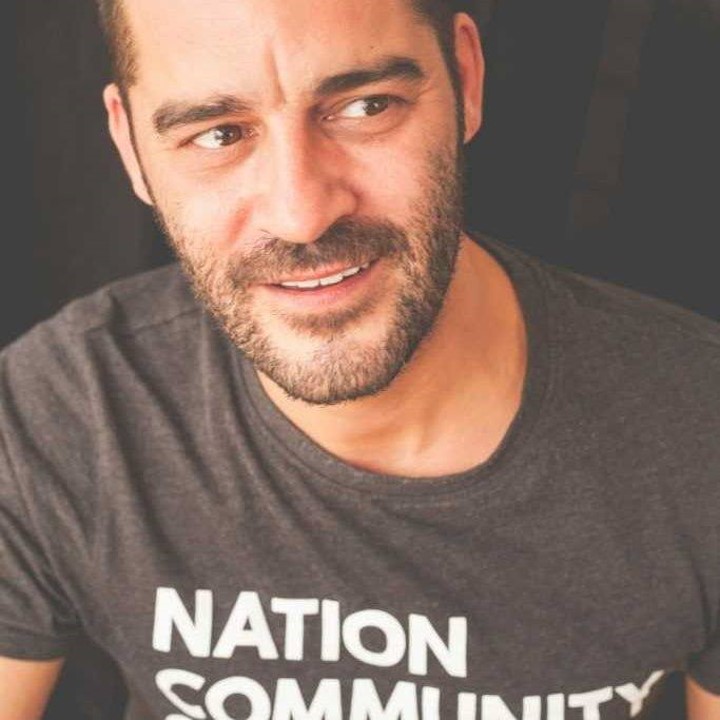
Lance Morrison (kiwetinotahk pihesiw) is an unapologetic néhiyaw + Métis man (with Tsilhqotʼin, Haida, Secwépemc and settler/Scottish ancestry) living in Tkaronto. He is a student, teacher, researcher, academic, writer, storyteller, activist, dog lover, video game character, truth-teller, and a pretty decent bannock maker. He is passionate about sharing the stories of Indigenous people through various forms, whether it's academic writing and research, life-writing, plays, or orally sharing around a fire. His stories and research often unveil the truth that Canadians don't want to see.
His current research project centres around Indigenous Language Reclamation; specifically, he is looking at how the act and process of reclaiming ancestral languages can be an act of healing for Indigenous people. Even more specifically, he is working on néhiyawewin (Plains Cree) language, of which he is also a learner. This is a seldom explored topic in academia; or rather, an often-ignored topic in academia. But being an unapologetic néhiyaw, he intends to help break that cycle of Indigenous voices and experiences being dismissed and ignored by specifically highlighting and sharing Indigenous knowledges, sciences, and worldviews.
néhiyawewin As Healing (the working title) focuses on participants of the néhiyawak Language Experience (nLE), a week-long immersion camp that takes place annually in Saskatchewan. Research participants include learners, teachers, speakers, and Elders.
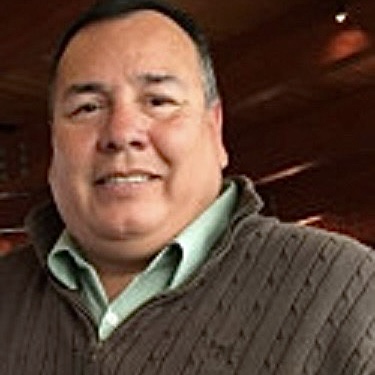
I am a first-year Ph.D. student in the Faculty of Education at York University. I am
Haudenosaunee, a member of the Oneida of the Thames Nation, Bear Clan. I am a third-generation Chef as my grandfather and father were both Army Chefs. I have been a Chef
for 35+ years now. I am a teacher and a lifelong learner of Indigenous ways of knowing,
being and doing.
I attended the University of Western Ontario to obtain my Dip. Ed. And taught Hospitality
and Tourism at the high school level for six years. I recently completed my M.Ed. in
Education at York University. As I find my way back home and to my community, I am
focusing my studies and professional career on environmental values, issues, and
Indigenous Food Sovereignty. This includes researching “Land Acknowledgment” and
better representing the non-human beings so important to our survival…and theirs.
I am focused on curriculum, teacher education, Indigenous knowledge, and knowledge
sharing within the Indigenous and non-Indigenous communities at York University. My
research leading to my proposal and dissertation is directed at “Racialized Hiring
Practices of Indigenous B.Ed. Graduates”.
Alongside my studies through the Master’s program and leading into the Ph.D. program,
I continue to provide workshops and speaking engagements on Food Sovereignty, the
environment, and Land Acknowledgement. I continue to cater, providing Indigenous
cuisine, specifically pre-colonial ingredients.
I look forward to submitting and having articles published soon, and even a book I am
considering starting with Food Sovereignty and being an Indigenous Chef.
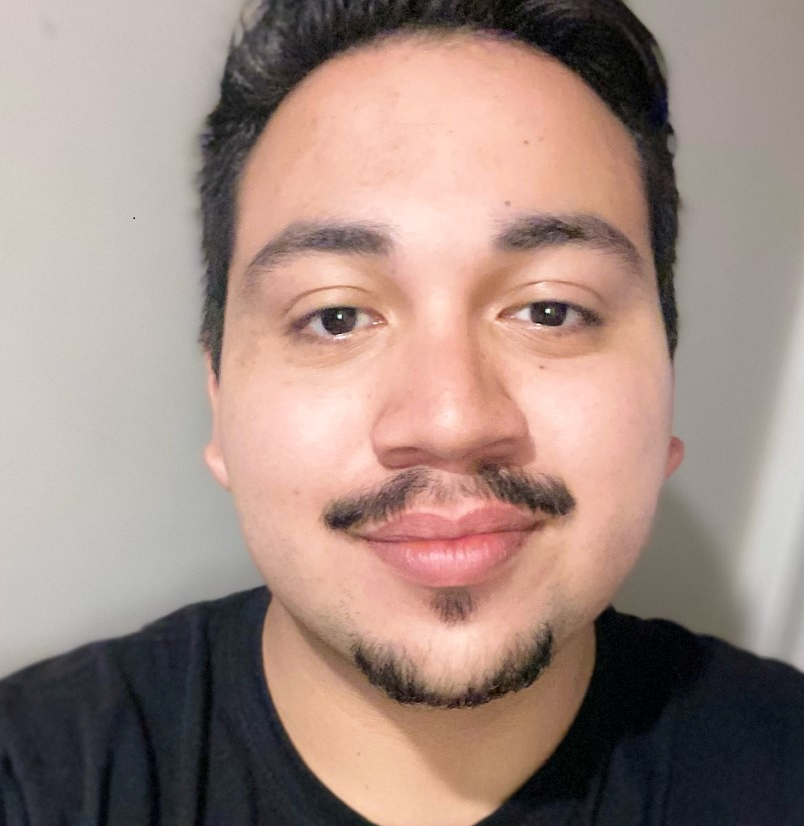
Daniel Roldán-Chímal (he/him) is a teacher candidate in the Faculty of Education at York University with an academic background in both Health and Indigenous studies. He is deeply interested in the decolonization of education through inclusive curriculum design that incorporates Indigenous knowledge and ways of knowing. He is motivated by his hopes of supporting the academic and personal growth of Indigenous children, youth, and young adults in rural and urban settings. Under the supervision of Dr. Brock Pitawanakwat, he has worked as an Undergraduate Associate, examining the role of Indigenous peoples in climate justice and the relationship between Indigenous climate leadership and self-determined futures. He has experience working for non-profit organizations in curriculum development and project development, and is an active member in his community. Currently, he lives in Mississauga, on the traditional territory of the Mississaugas of the Credit. Looking into the future, Daniel plans to pursue a M. Ed. with a focus in Urban Indigenous Education. In his spare time, he enjoys spending time outdoors, playing music, and taking the time to read a book.
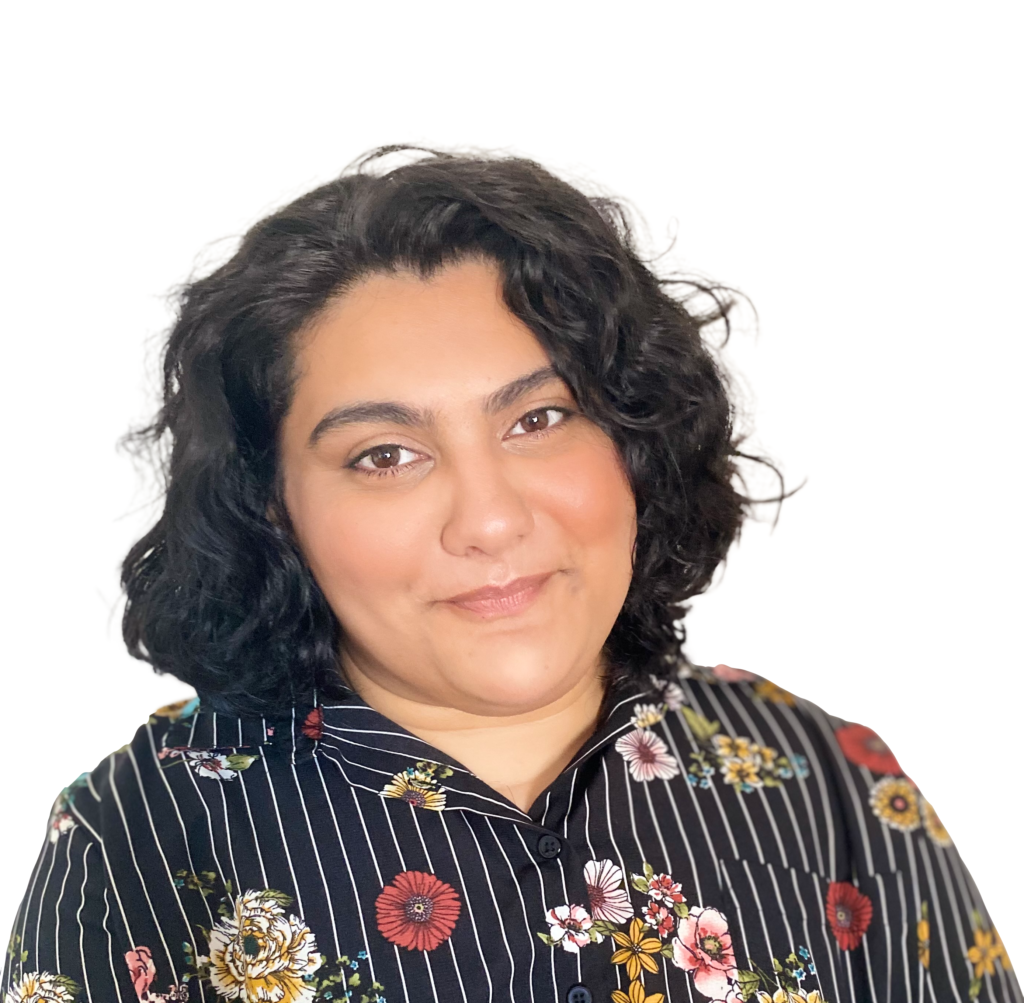
Kanishka Sikri (kanishkasikri.com) is a writer and scholar thinking about violability: the practice that marks certain lives, bodies, and lands to the possibility of violence. They are currently a PhD candidate at York University speculating on the ways violence becomes synonymous with and inhabits the flesh. Kanishka asks how we may speak about violence, lay it bare, grieve and mourn its many insidious faces without replicating the notion that certain lives are violable and capable of being violated.
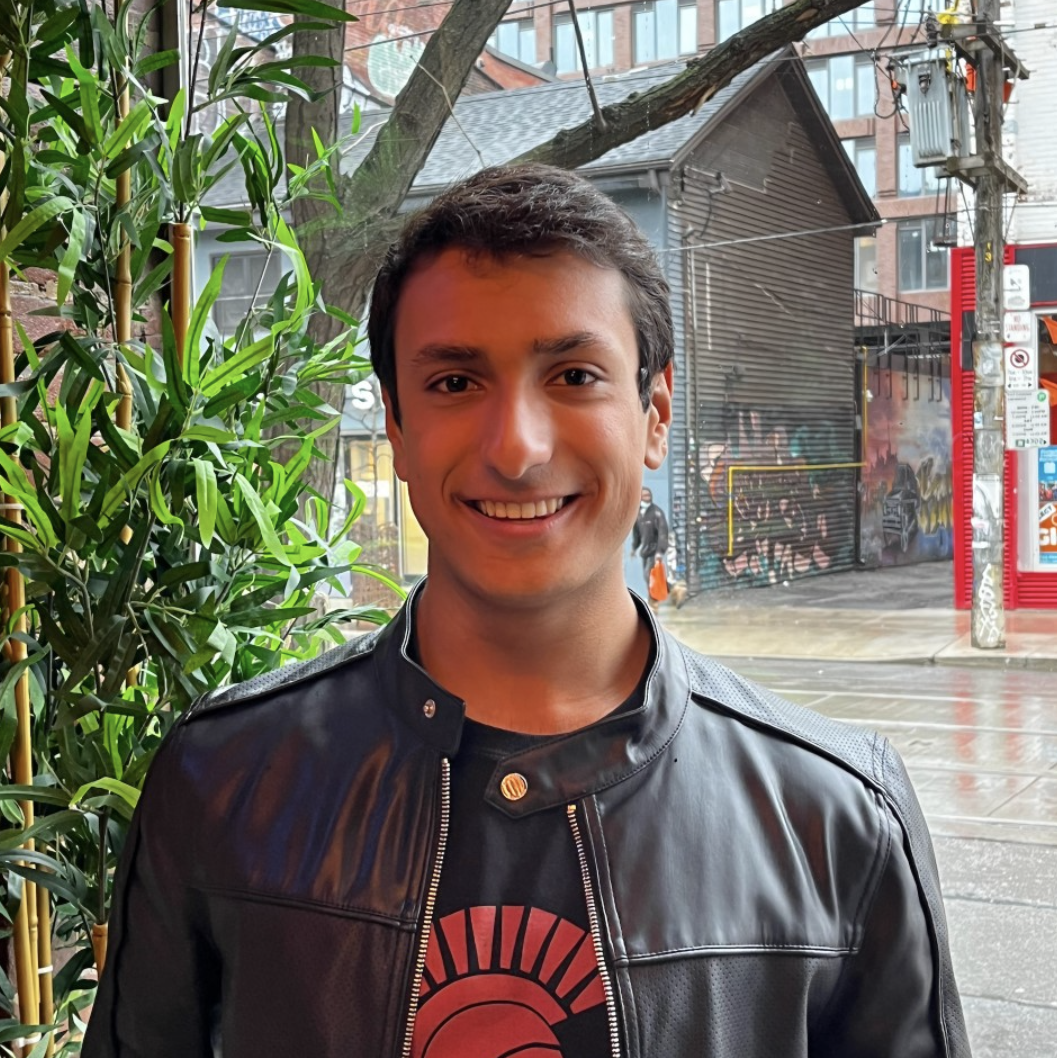
Noah Verhoeff is entering his second year at the University of Toronto, Trinity College, with majors in Peace, Conflict, and Justice (PCJ), and History. Noah’s work as a Research Associate with the Centre for Indigenous Knowledge and Languages has included digital design work on the Gnaaji-wiinge: Anishinaabe Life Path Board Game, and research and writing for the Thirteen Moons Graphic Novel. Noah is currently a Research and Policy Intern with the Canadian Centre for the Responsibility to Protect, an Educator at the Aga Khan Museum, and a Natural Language Processor for a research project on Early Modern Ethiopian trade and material culture with the Department of Historical and Cultural Studies at the University of Toronto. Noah is also the author of The Red Castle, a historical fiction novel. Noah’s work primarily focuses on the history and development of cultures around the world and how they interact with one another.
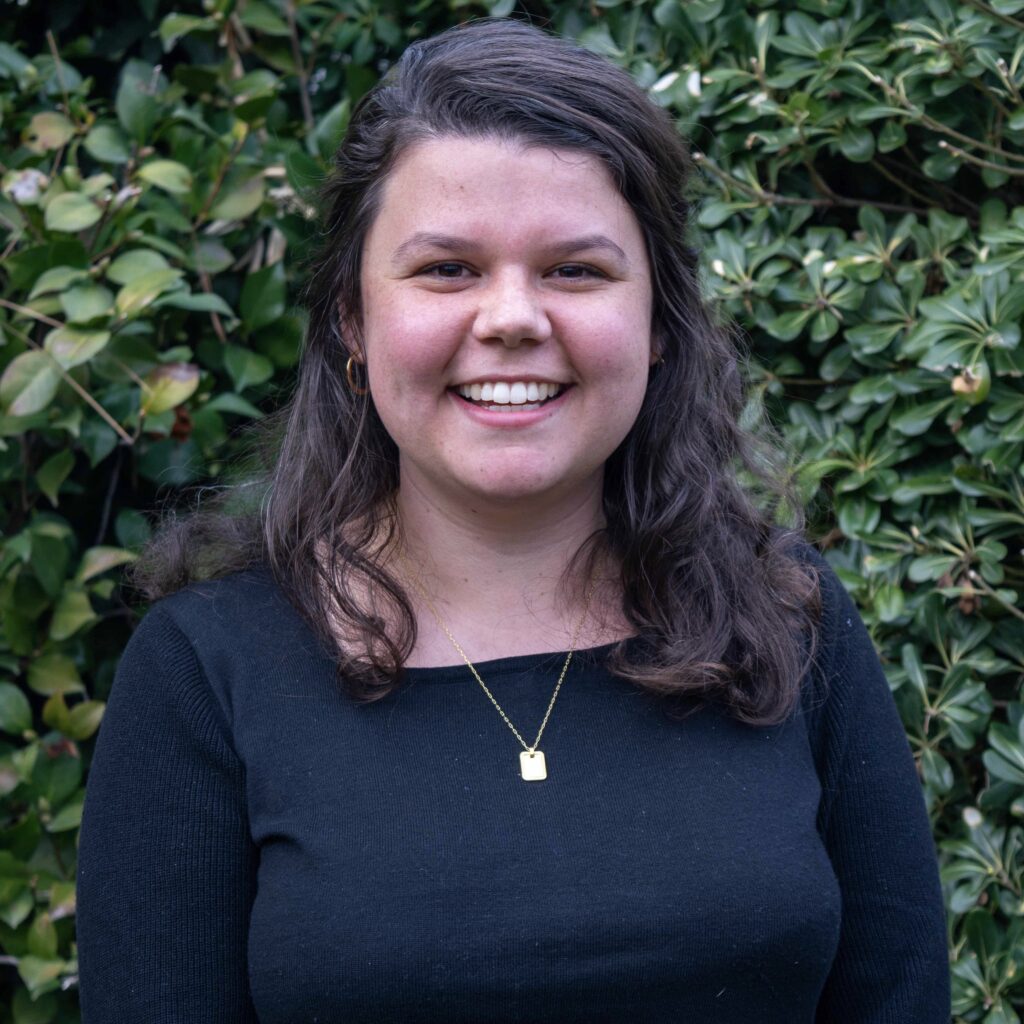
Adrienne Young (she/her) is a PhD student at the York University School of Social Work where she is focused on elevating youth voice within the mental health sector, especially in creating pathways for racialized, Indigenous, 2SLGBTQI+ and low-income youth to hold leadership roles in improving the mental health sector for all young people. She is experienced in engaging community members to build partnerships for research and programming that centres community needs. Adrienne is mixed race with both White and Indigenous ancestry and she is a member of the Sault Ste. Marie Tribe of Chippewa Indians. When she’s not working, she loves to spend time outdoors with her family and always loves to try new food!
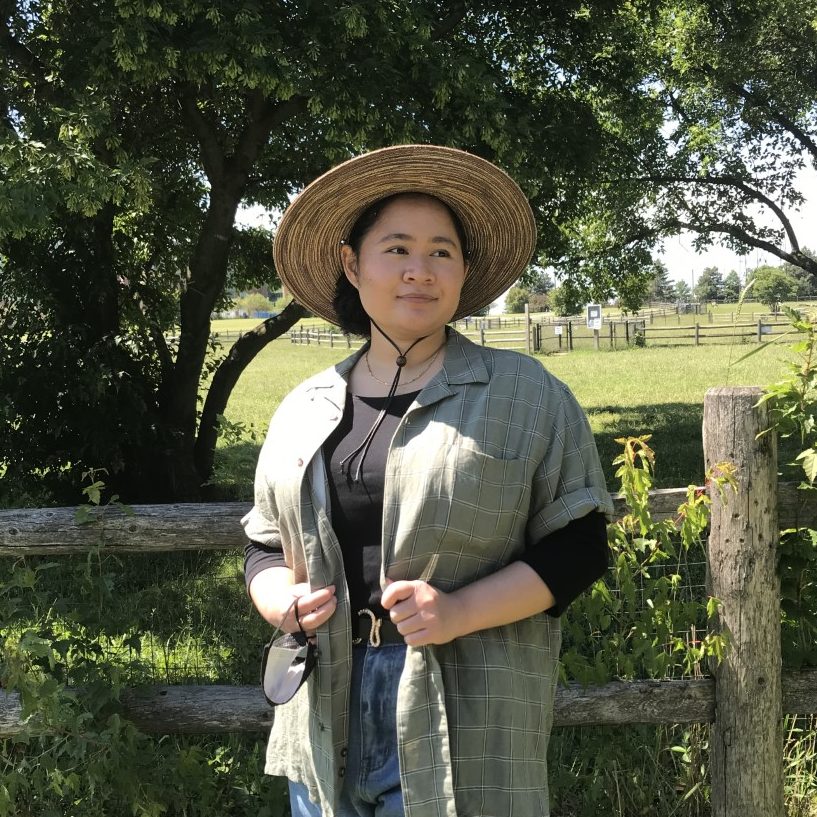
Casey Danielle Bas graduated from York University’s Global Health program with a specialization in Health Policy, Management, and Systems in 2021. She joined the Indigenous Environmental Justice (IEJ) Project in May 2021. Casey has assisted with the IEJ final summary report, the upcoming Indigenous Climate Justice annotated bibliography, the 2022 community analysis report on the draft Indigenous Knowledge Policy Framework for the Atlantic Policy Congress of First Nations Chiefs Secretariat, and external grants and reports through compiling citations about gender-based perspectives on climate change and Indigenous resilience during the current climate crisis. She is currently assisting with editing and proofreading various academic papers, compiling Traditional Ecological Knowledge protocols for educational use at the community-level, and speaking in IEJ school and external workshops. Casey has a keen interest in promoting equitable access to health and legal services for marginalized populations. She is also studying for the LSAT and hopes to pursue a career in the field of health law.
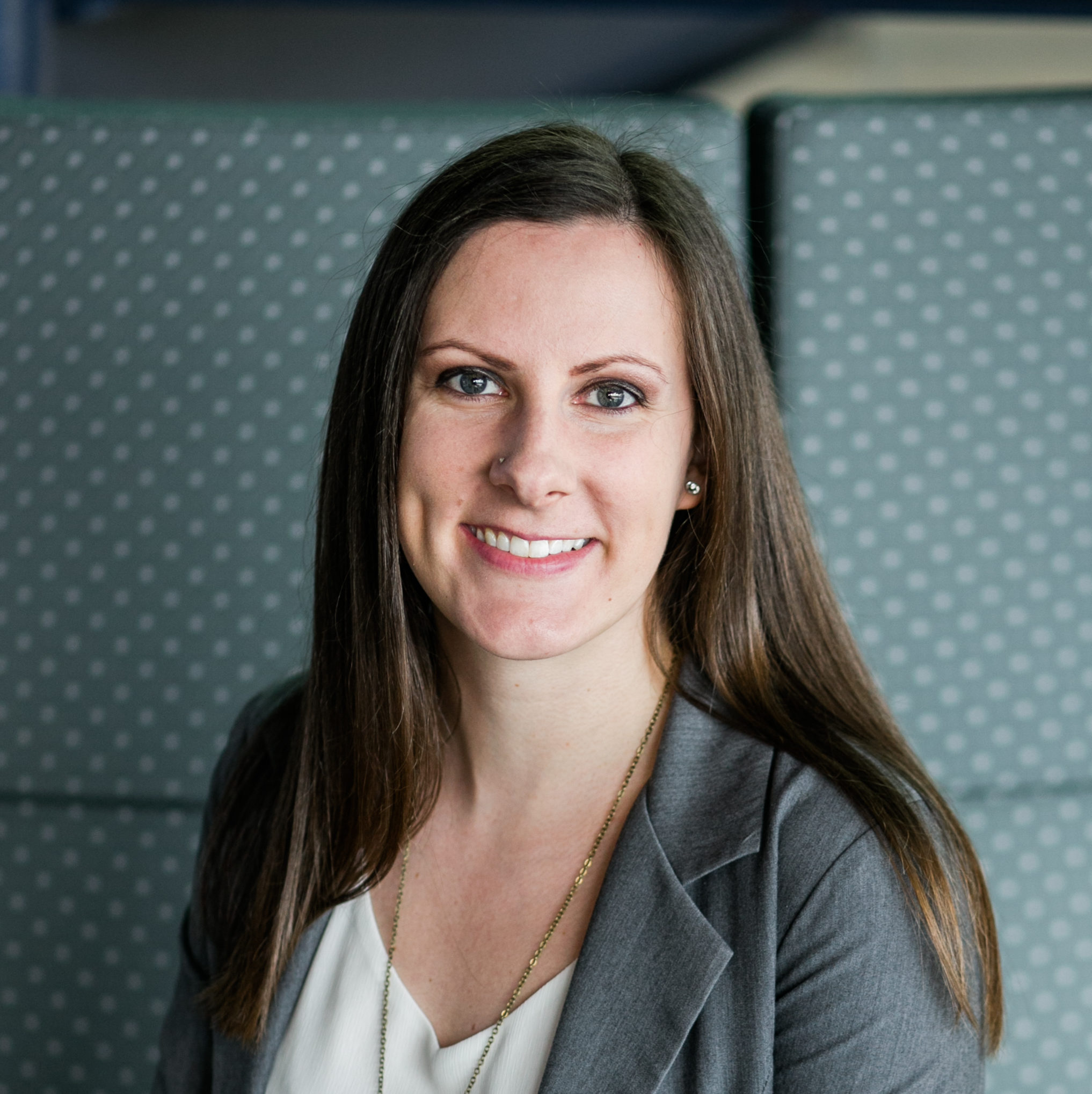
Dr. Nathalie LaCoste Ling (she/her) is a white settler and has been the Coordinator of CIKL since December 2021. She has a PhD in Religious Studies from the University of Toronto and published on Judaism in the Hellenistic and Roman period. She is interested in questions around identity and how identity is formed through narrative. She has also taught courses in ancient Judaism since 2014. She grew up in Mississauga, on the territory of the Mississaugas of the Credit First Nation. Currently she lives in East Gwillimbury on the traditional territories of the Wendat, Haudeno-saunee and the Anishinaabe peoples. She has worked at the University of Toronto, Memorial University of Newfoundland and Labrador, and Queen’s College Faculty of Theology. She has experience as a program manager, academic editor, and in university fundraising. She volunteers as the T-Holder representative on the Council for Athletics and Recreation at the University of Toronto. She lives with her partner Dave and two daughters. She is a former competitive swimmer and enjoys baking in her spare time.
